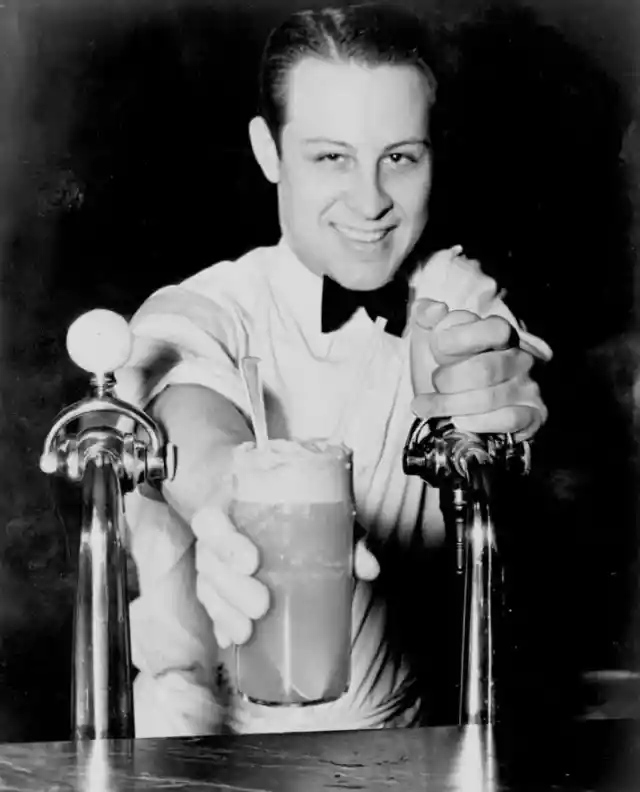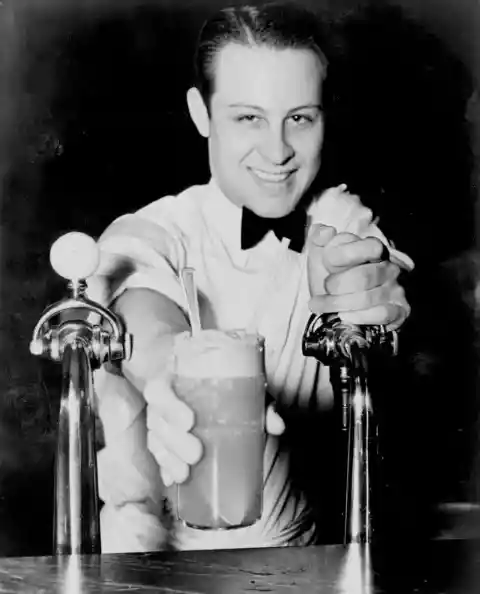Ever imagined what kind of jobs people used to do in the past? When times were simpler, machines and technology weren't as advanced as it is now. When we ask our grandparents all these questions, we hear jobs that seem odd to us now.
Jobs that feel redundant now, as they're either replaced by a machine or some technology. If you are intrigued to know more about such jobs, check out the following odd jobs in the past times that are odd and redundant to us now:
Ratteners:
Just as the name suggests, ratterners were professionals who helped people catch rats in victorian times. Usually, the ratteners would use dogs, who would eat the rats, but when that wouldn't work, they'd go in with their bare hands.
This job rose to its prime need during the infamous black plague spread when ratteners were hired to catch the rats and help minimise the epidemic from spreading.
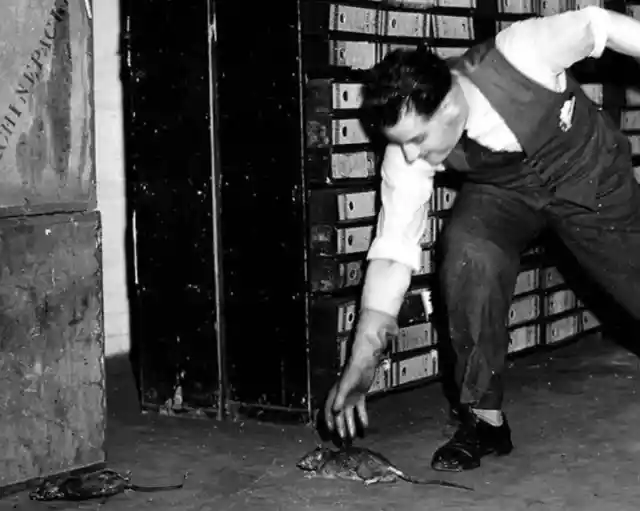
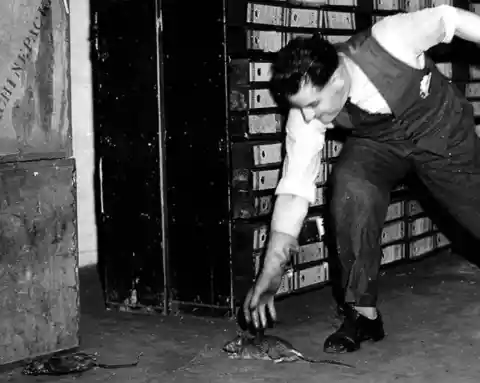
Ice-Men:
If you're a fan of the movie frozen, you must definitely be aware of this job. This job was highly popular in the 1800s when professional Ice-Men were hired to hand carve or cut huge blocks of ice and transport it to different places on a daily basis to help people store their food during harsh weather.
However, this job became obsolete after the invention of refrigerators. Refrigerators were convenient and easy to use, resulting in the replacement of Ice-Men.
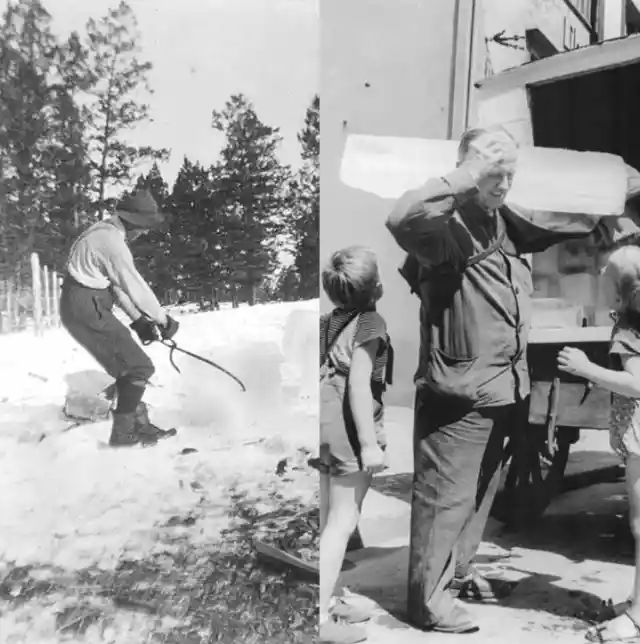
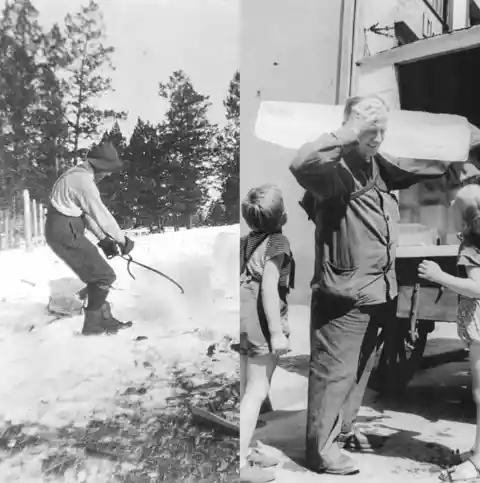
Gong Farmer:
In the earlier centuries when the human waste disposal system was not nearly as advanced as it is now. People were hired to process human waste. The job of a gong farmer was no different. In the middle of the 15th and 17th centuries, gong farmers were hired to dig out human wastes from privies and cesspits and dispose of them.
Talk about difficult jobs; we are sure there is nothing as difficult as cleaning out human waste as your full-time job. We are just helpful that human waste disposal now is just a flush away.
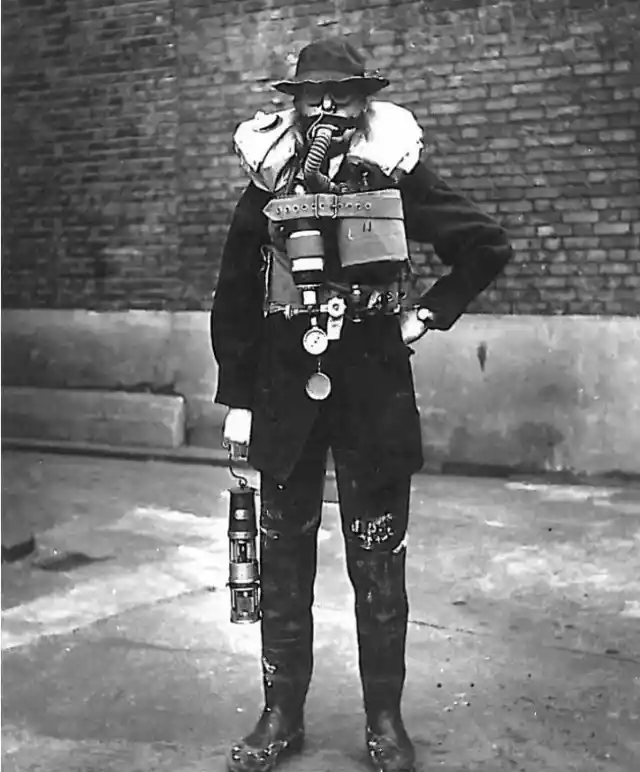
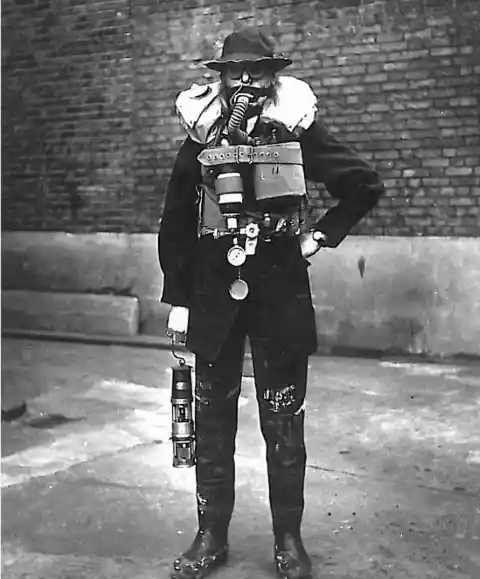
Milkman:
One of the most common jobs of the early 50s and 60s times is that of a milkman. Going door to door delivering fresh dairy milk in glass bottles or dairy jugs is a fond memory of all of our childhood. If you were lucky enough, you'd get to greet your milkman, and he'd tell you all about how he processes milk on his farm and take it from the cows etc.
But unfortunately, the job of the traditional milkman was deemed redundant with the invention of refrigerators and mass-produced pasteurised milk, which could be bought in quantity and saved for an extended period of time.
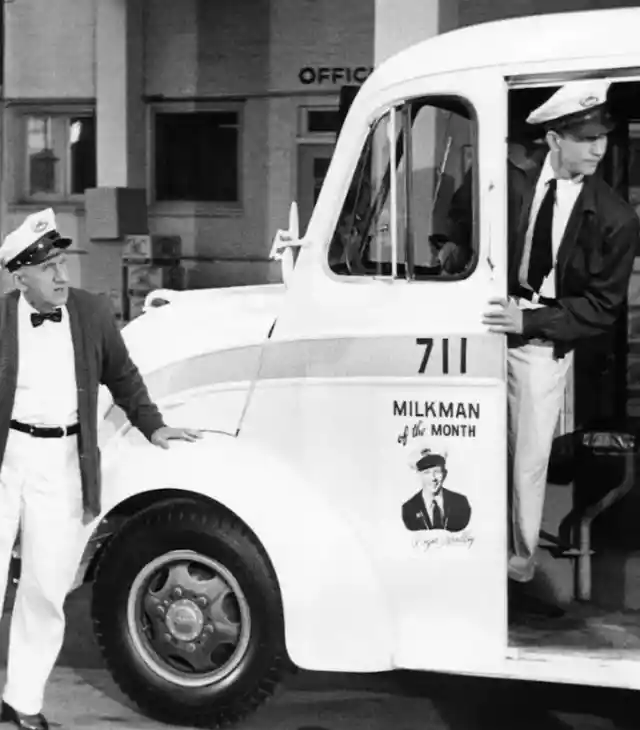
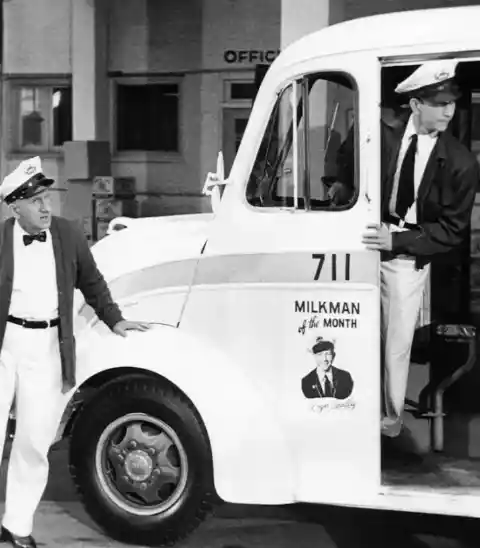
Human pinsetters:
Bowling is one of everyone's favourite fun activities to do with friends and when hanging out in the summer. This fun sport, even though now mechanised entirely with machinery, used to be seemingly very different in the earlier times.
In the 1930s, people were hired as professional pinsetters to keep the pins aligned and set. With every game, the pinsetters' job was the align the pins for the next game. What may seem like an easy job was not easy after all. Setting pins repeatedly throughout the entire day was highly tiresome.
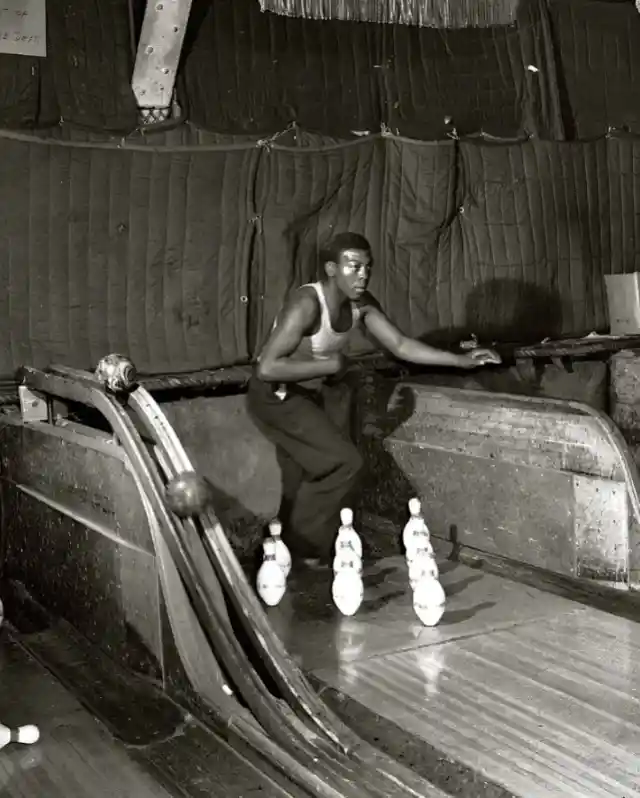
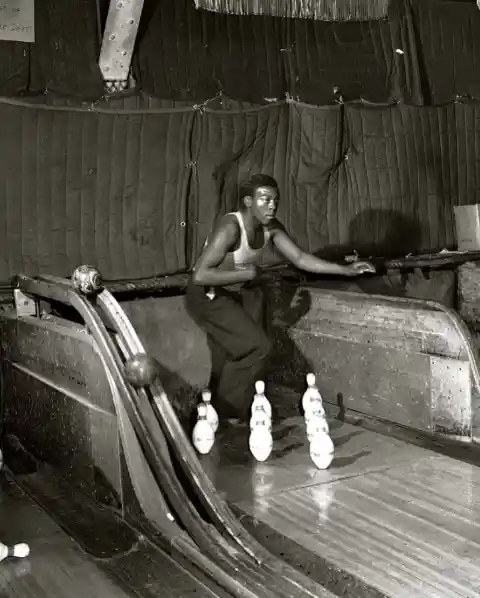
Elevator operator:
What may come off as weird to the generation now, but elevator operators were actually a thing in the past. These professionals were trained to operate the elevators and help people in moving about the different floors. In the 50s and 60s, many important buildings hired these professionals.
During those times, elevators were not as automated and easy to use as they are now, they required to be operated by professionals, and that is when these professionals came in handy. However, the job may be redundant now, but it is surely an interesting thing to think about.
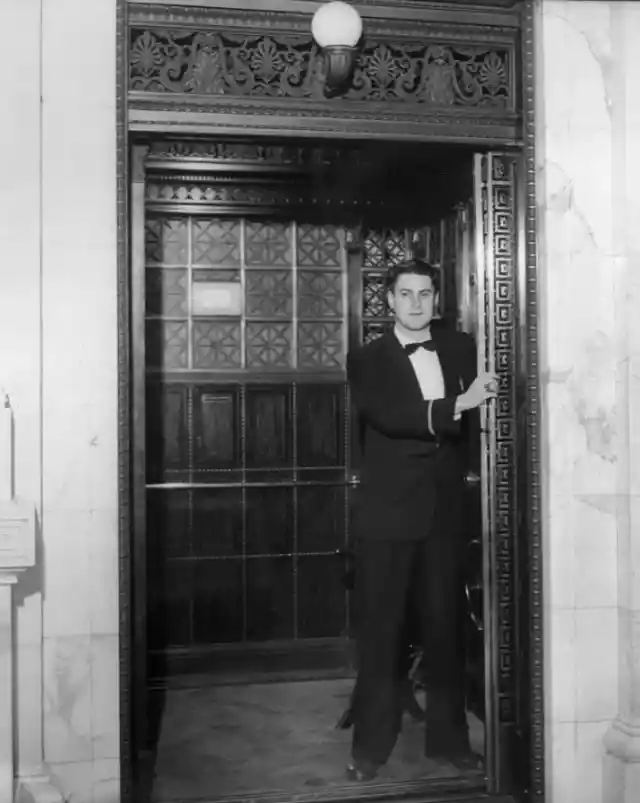
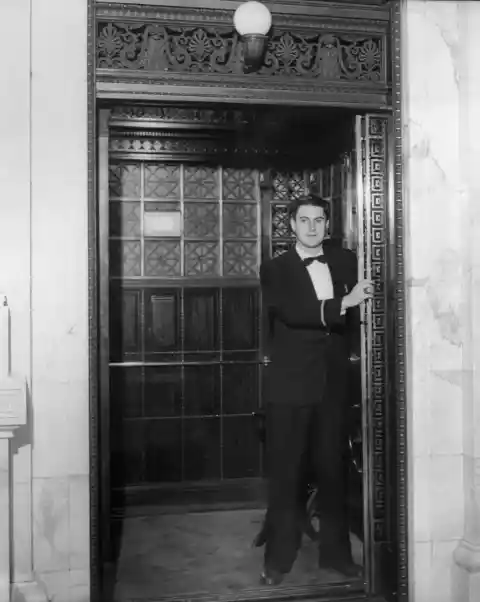
Hackers:
In recent times when we hear the word hackers, what comes to our mind is a person who is a technology genius and can get into a computer they want. But in previous times, the word hacker has a completely different meaning.
In the 60s, people who used to cut down trees for commercial use or "Hack down trees "were known as hackers. With no automated machinery at that time, cutting down trees was a tiring and hard job. But as we got more advanced, technology and machinery replaced this job too.
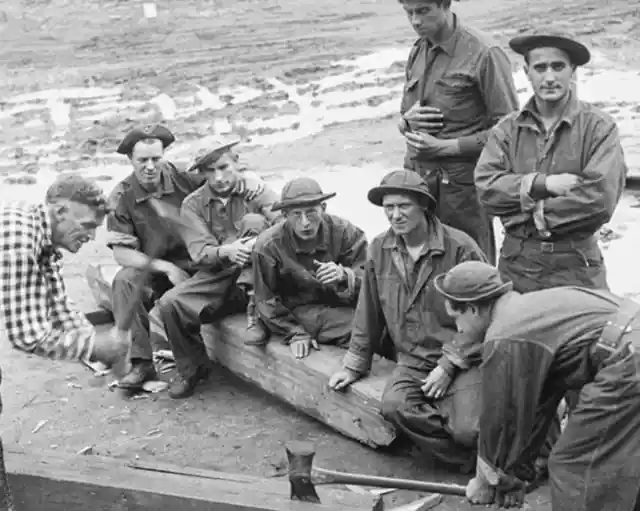
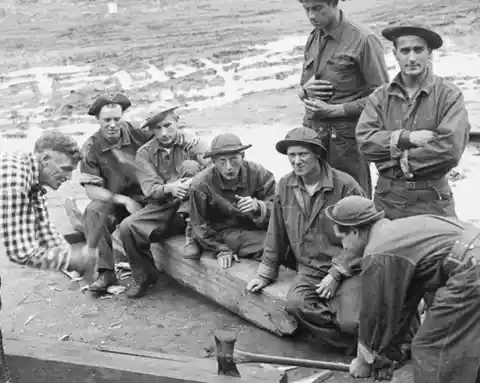
Linotype Operators:
In recent times, spreading news and being updated with the happenings around the world cannot be easier. Every news, no matter what country or state, is just a click away. But in the 1960s, people didn't have the comfort of using the internet or even mass-produced newspapers.
People in the 1960s used to depend on "Linotype operators "who printed newspaper articles one at a time with the help of a metal typesetter. The job required incredible patience and accuracy. However, with the onset of phototypesetting, mass-produced newspapers became common, and unfortunately, the world moved on from linotype operators.
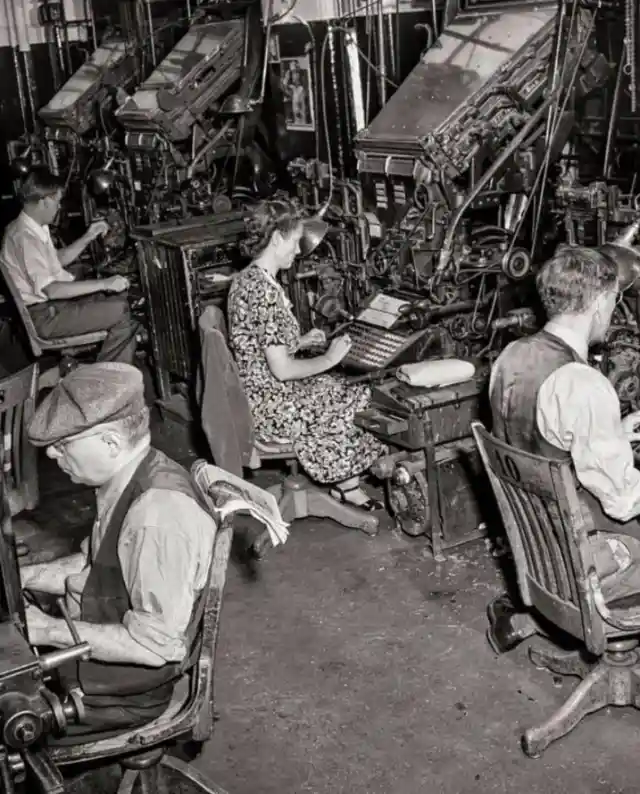
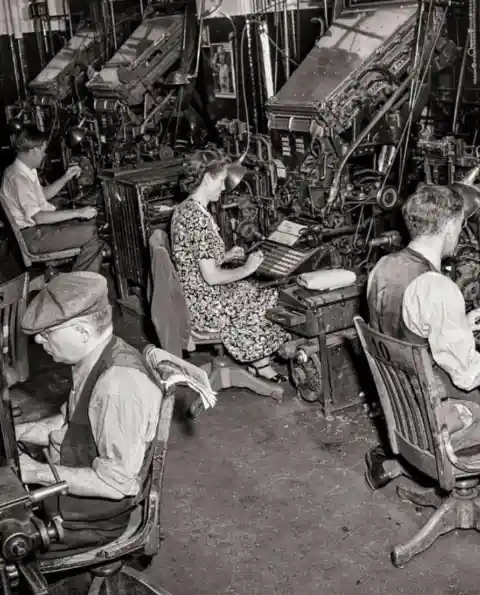
Railroad Keepers:
Usually known as "Gandy Dancers "in the 60s and 70s, one might imagine that this job mainly involved dancing, but to our surprise, this profession was in no way related to dancing at all. In fact, the job required the employees to manually take care of and maintain the train tracks for train travel.
Their work was highly important and required long hours of continuous and strenuous hard work. One of the most convenient and preferred forms of travel at that time was by train. But again, the demand for gandy dancers faded with the invention of new maintenance machinery.
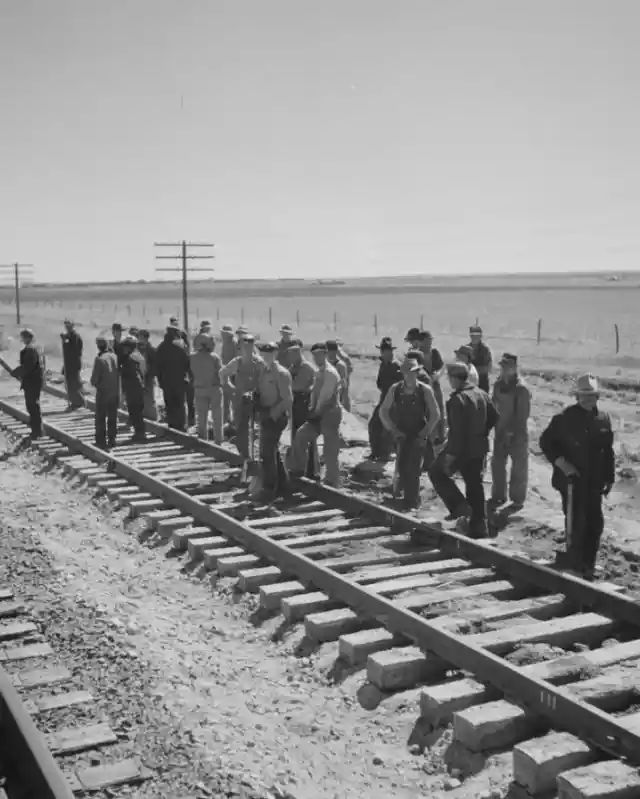
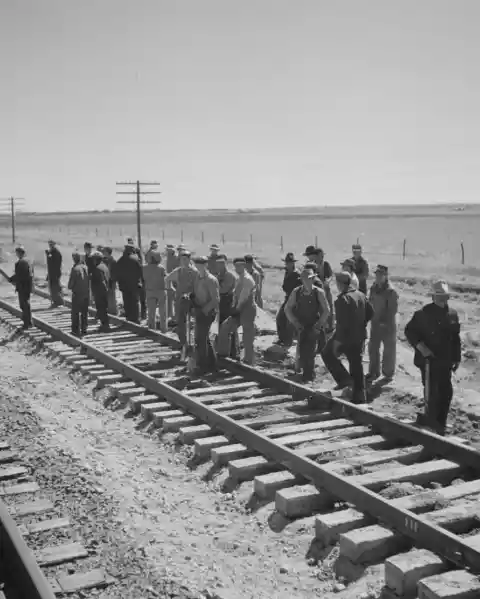
Chimney Sweepers:
Even though it is still prevalent in. some parts of the world, chimney sweepers were a big necessity in the past. Almost every house has a chimney, and as easy as it may be for Santa to come down, it surely wasn't an easy job to get into a chimney and clean it.
This occupation was in high demand as an unclean chimney could also be a fire hazard for any family. Affluent homeowners of the society would hire these men to keep their chimneys maintained and fire hazard free. However, this profession also saw a steep low with the introduction of electric stoves and self-cleaning chimneys that we see today.
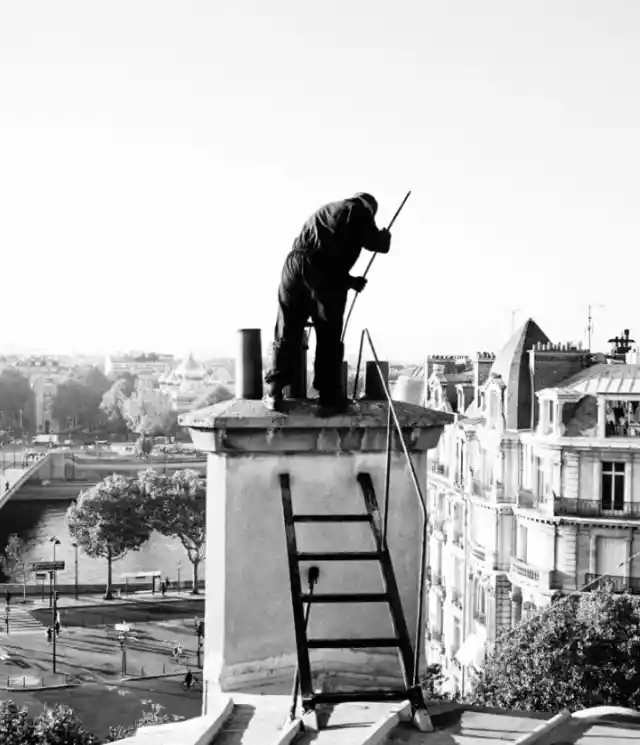
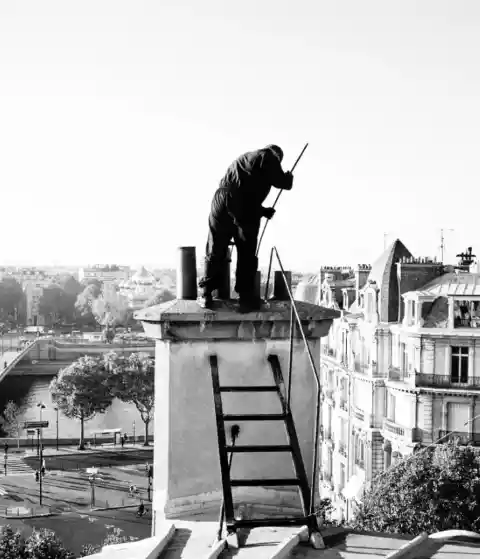
Human Calculators:
One of the 17th century's oddest jobs would be that of a human calculator. It is just as odd as one can imagine in today's day and age when every calculation is made easier for us with the use of a calculator. It wasn't the same case for the people in the 17th century.
In the 17th century, women used to be appointed for small and big calculations of numbers and figures by hand on chalkboards. It might not be as convenient, but it surely reminds us of our childhood and how we used to calculate at our fingertips. However, even this job was deemed redundant after the invention of calculators.
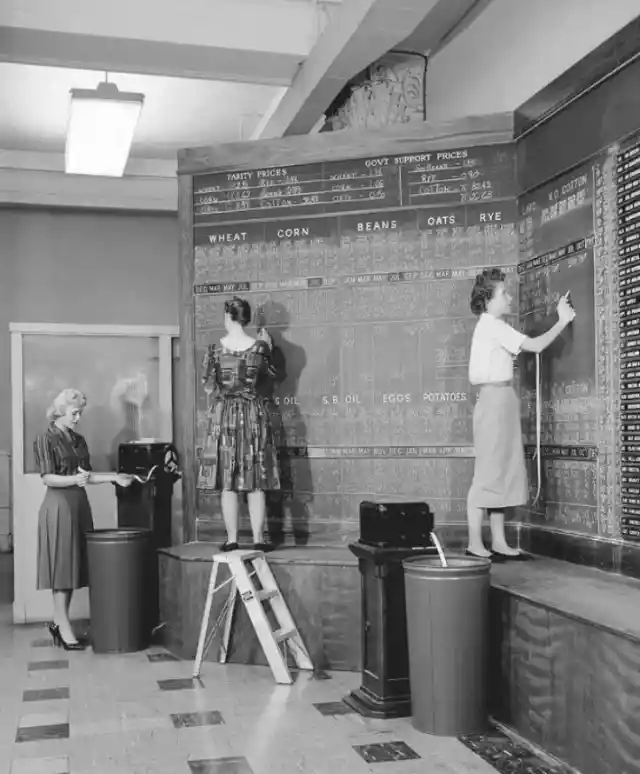
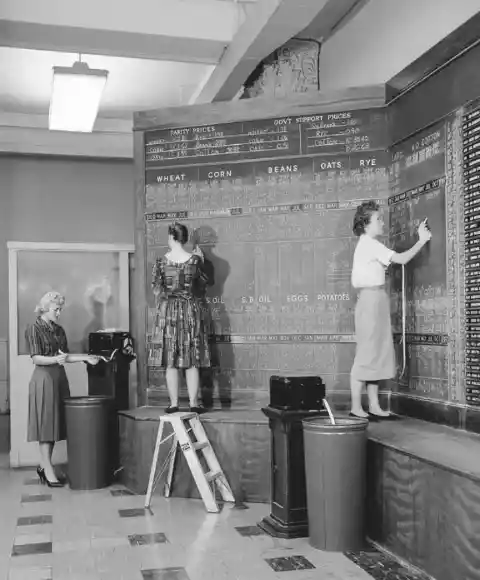
Billy Boys:
All of us have a favourite tea; now we might go to big franchises like Starbucks to get our drinks, but in the earlier times, all tea lovers hugely depended on "Billy Boys."
In the early 1960s, billyboys were referred to as young men working under apprenticeship whose sole job was to make tea the entire day. People would come and enjoy a cup of tea, and they'd go by their day easily. In recent times, authentic "Billy Boys "might now be available, but we can have our favourite tea in our nearest cafes and baristas.
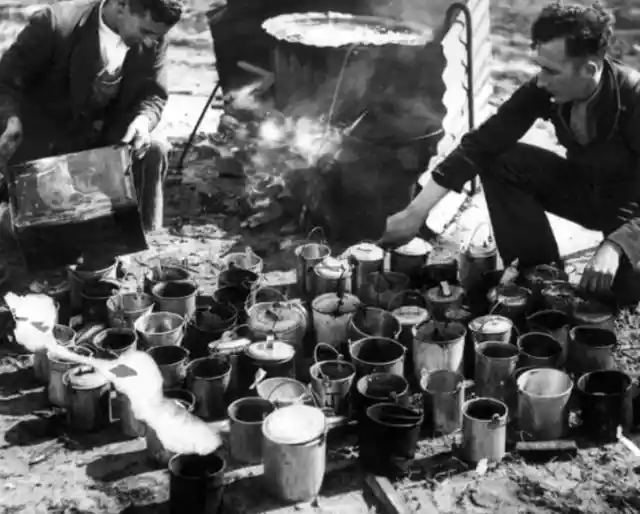
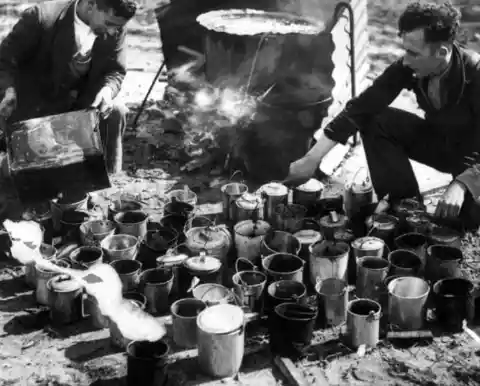
Switchboard Operator:
With the convenience of a phone, it is easy for us to connect to whoever we want to in the matter of a click or a call, even if they're in a different country. In the early ages, this wasn't an option; people were hired to operate switchboards in order to connect and transfer long-distance calls from different countries and cities.
The job profile required patience for sitting in one place a day for long periods of time to operate the switchboard. It is very similar to what we see in call centres now, but call centres now are primarily for customer service requirements. However, with the growth in the telecommunications industry, this job also became a redundant part of the society of our past
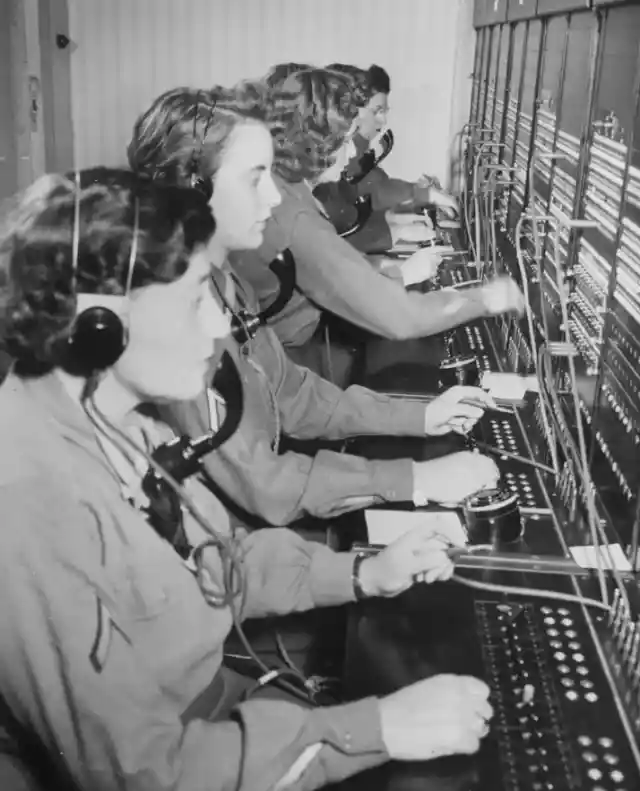
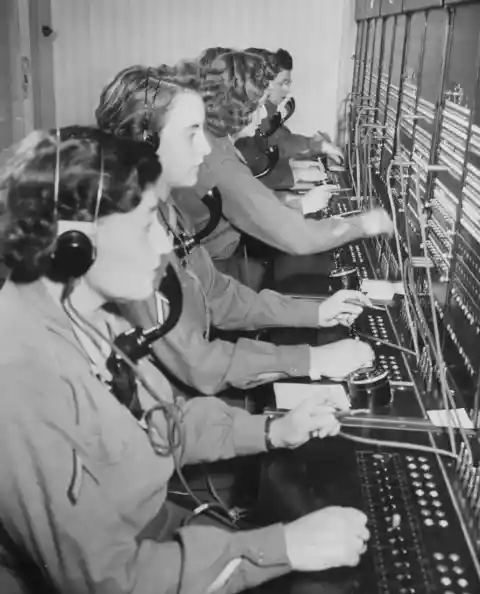
Typists:
As we see today too, the role of a professional typist is very similar to the job post of the typists in the past, with the only difference being a keyboard and a computer. In the past, professional typists used typewriters instead of keyboards to type long documents or articles.
We are thankful for the switch in the equipment of typing to keyboards and computers; with the convenience of erasing and deleting certain texts in these gadgets, it is more convenient for us to do our day-to-day tasks easily. And not painstakingly write long documents with utmost awareness so as to not mess up and word or sentence.
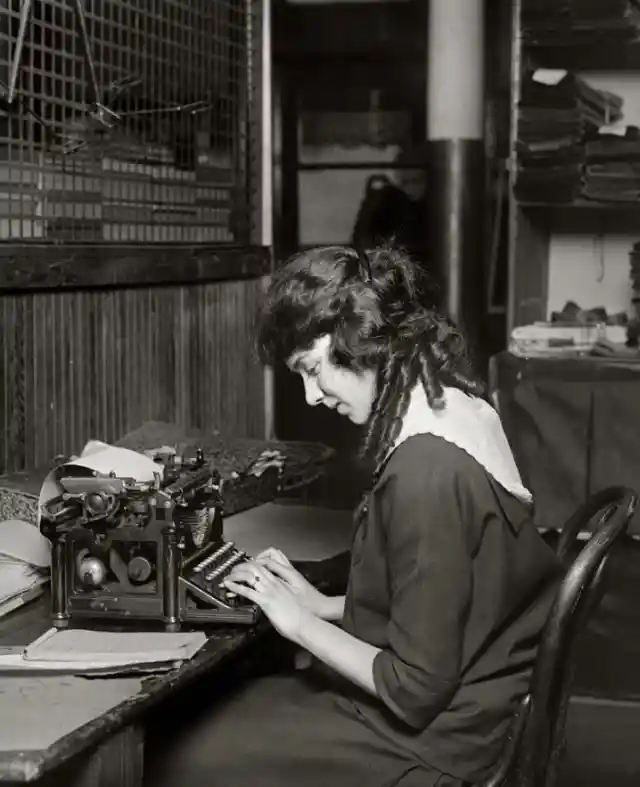
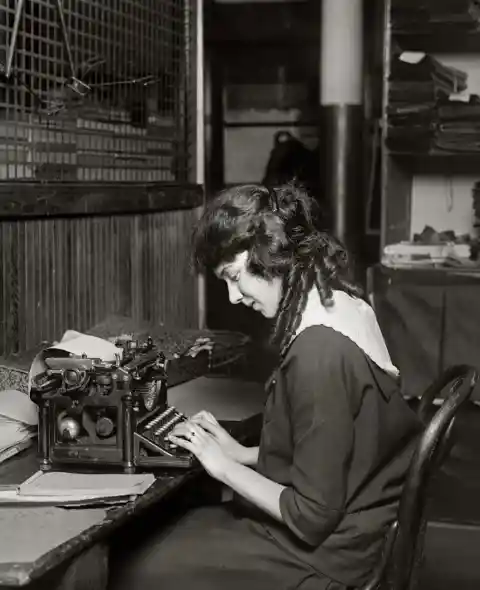
Clock Winder:
With the advancement of technology, we can see what time it is on nearly any gadget around us. Even for watches, we are now primarily shifting to electric watches instead of mechanical ones, as they are more precise and considerably low maintenance.
However, back in the day, not everyone had the convenience of electric watches. Hence the job of a clock winder was really high in demand. But, after the industrial revolution, electrical clock winders started to gain popularity, due to which the job of a professional clock winder came to a nearsighted end.
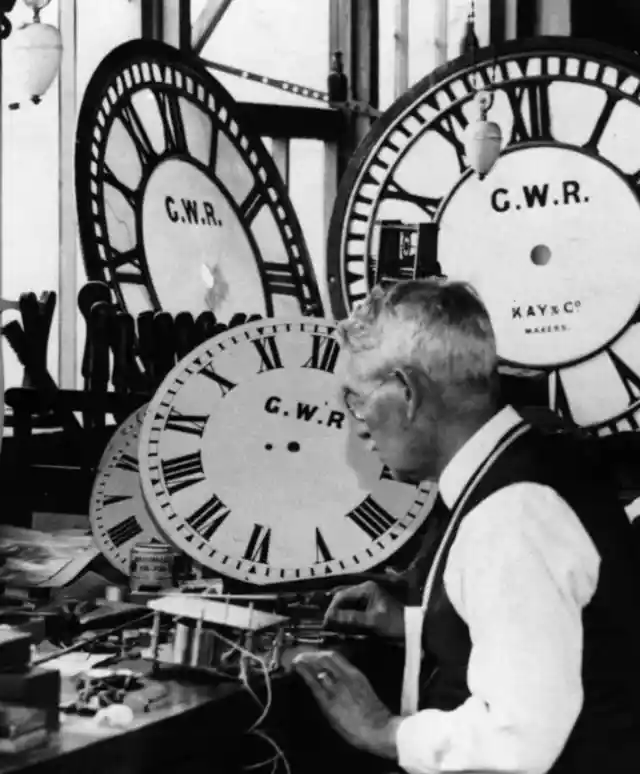
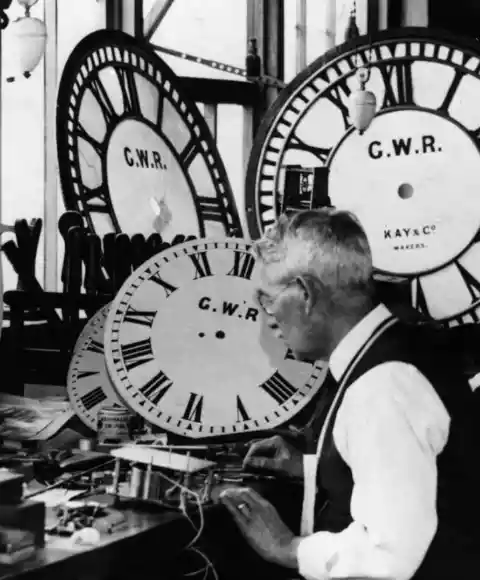
Egglers:
Egglers were not only a thing from the past; they are still prevalent today. The job of these people was to sell batches of fresh eggs in bulk every day. Eggs being one of the necessary food requirements, was frequently bought in bulk. And soon after the rise in the economy, these people expanded their business from the traditional egg selling business to selling other essential goods as well.
This is also the reason why this job is not entirely wiped out, but rather expanded into different forms and can still be seen in some countries in farmer's markets, etc. Selling other essential goods except for just eggs is what helped them still be prevalent in these changing times.
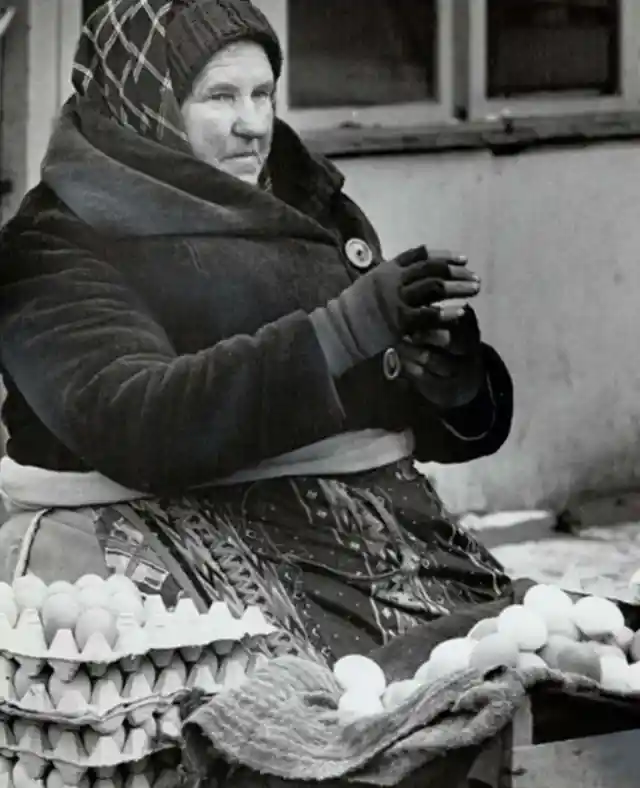
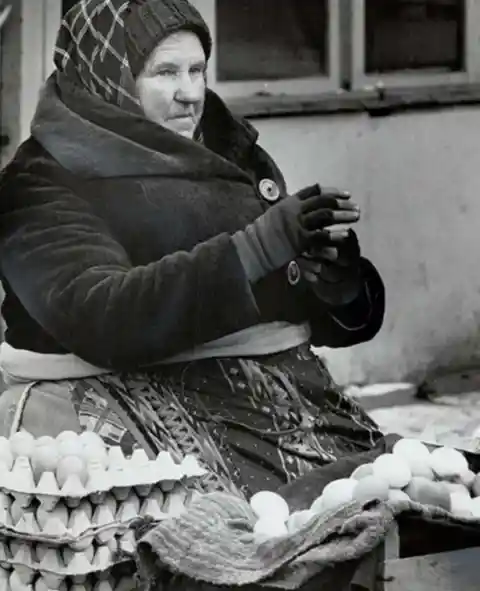
Knocker Upper:
Imagine you're in a good night's sleep, and someone starts tapping on your window to wake you up for work. Just as how our alarms now startle us, we can imagine what it must have been for them too. Alarm clocks now are very different from what they used to be before. We now have ease in setting the alarm on our clocks and even our phones, but in previous times, people did not have access to such advanced technologies.
That is when the job of a knocker-upper came in hand. Due to the absence of alarm clocks, these people heavily relied on knocker uppers to wake them up in the morning. They would tap on windows with long sticks or throw peas at the window to wake them up. However, the only question that arises in our heads now is, if knocker uppers woke people up in the morning, who woke up the knocker uppers for their job?
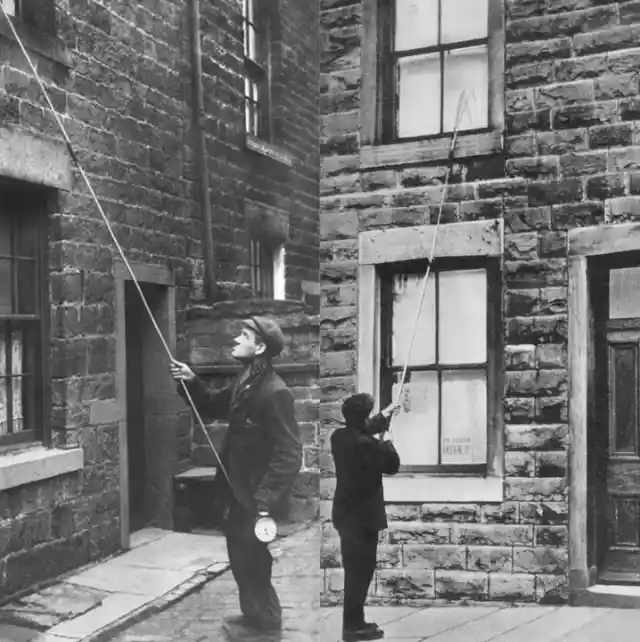
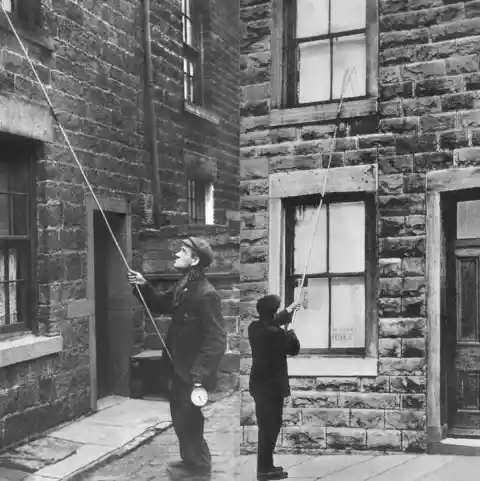
Vivandiere:
The term Vivandiere came into existence during the civil war as an ode to the women who served alongside the army in wars. The primary job of these women was to take care of the wounded men tirelessly, follow the troop, cook food, and whatnot.
Even though they necessarily worked as nurses and helpers. They are looked upon with great respect for having served their country. However, just before world war 1, the french war ministry banned vivandieres jobs for good.
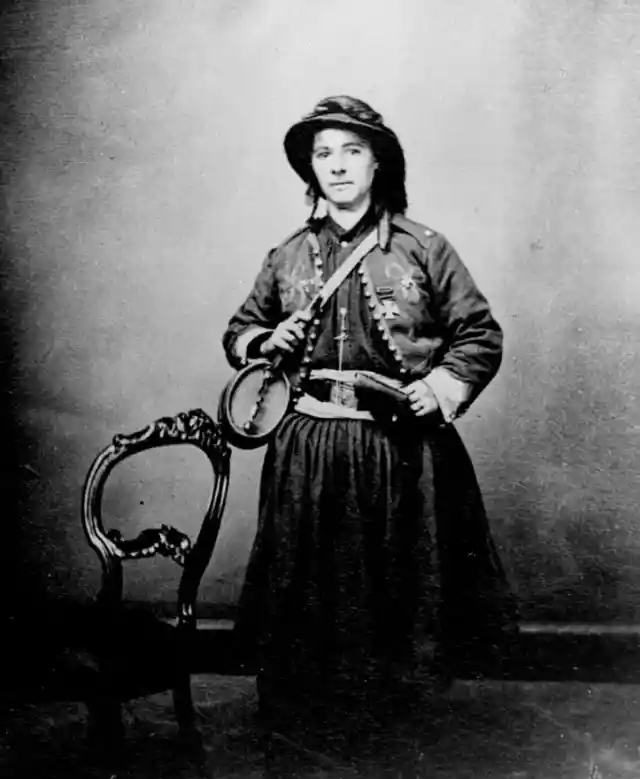
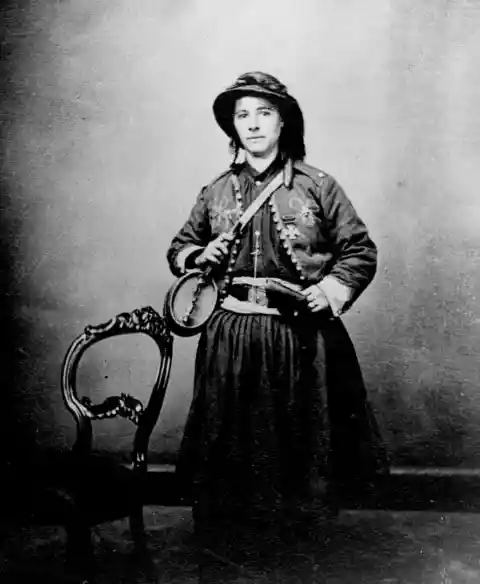
Lectors:
We as a community are a slave of modern technology; when we want to do something to entertain ourselves other than just going out, we binge on movies and sitcoms, we watch Instagram reels and youtube videos, etc. However, people in their 20s did not have this comfort. While working in our offices, we take breaks and get on our phones for a change.
In the 20s, people did not have that convenience, and for that, "lectors "were hired to read news and other forms of literature and stories to the employees out loud as a form of entertainment. We can only imagine for loud one must have had to be hired for such a job.
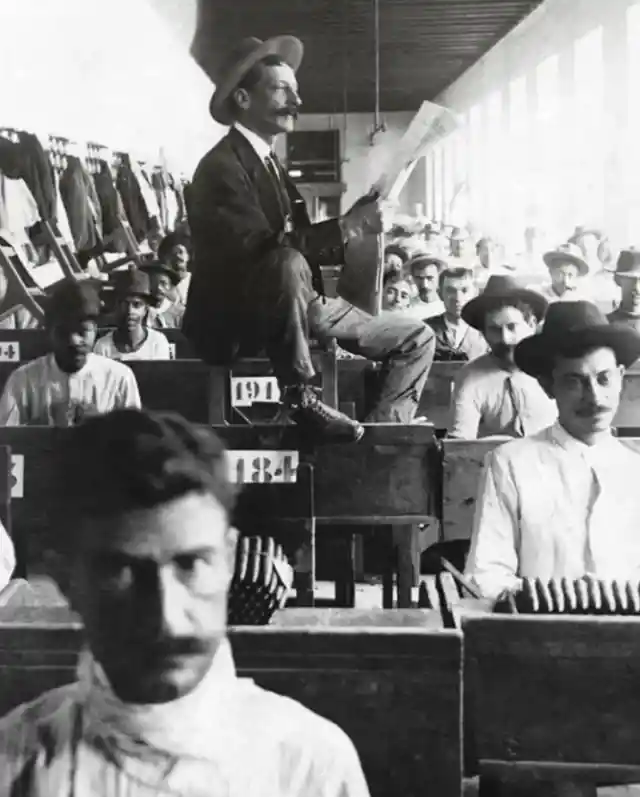
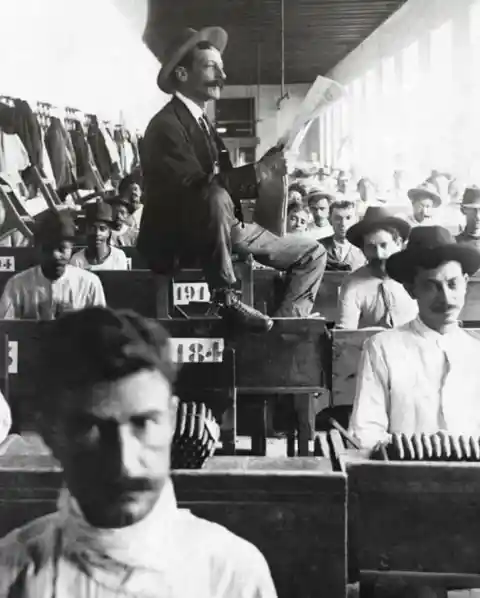
Log Drivers:
Back in the 70s, the world wasn't as advanced as it is now. Most of the work was done manually, as we saw earlier as well. With the advancement of technology, many jobs were made easier, such as transporting long logs after they were cut down in bulk via trucks.
However, in the 70s, this wasn't an option, one couldn't transport logs on trucks and had to manually ride them on rivers to deliver them from one place to another, and that is when the job of a log driver came in handy. Just like one drives a car or rides a boat, these professionals used to ride logs on rivers. One must imagine how many trips and time it must take for them to deliver these logs to the processing points.
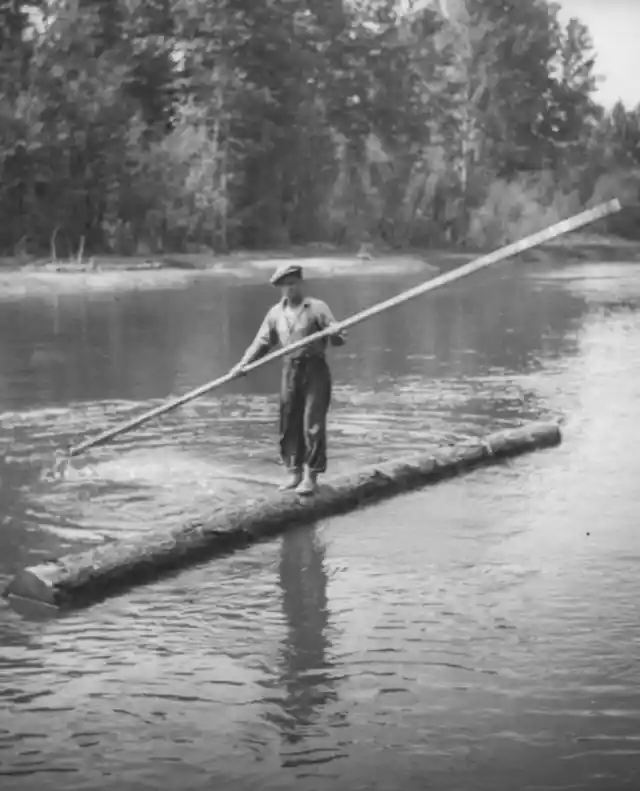
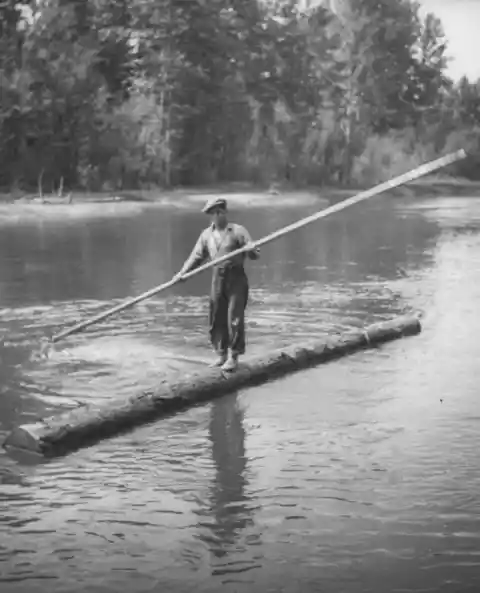
Lungs:
One might not immediately think of a career other than breathing when you hear the word "lungs." But fanning was a job that was commonly done with these manual lungs. Alchemist shops were the most popular retailers from the 14th to the 16th century for these manual lungs.
Their delicate and exquisite creations were in high demand. People were hired to fan the flames while the alchemical businesses routinely carried out fire operations. The labourers eventually, in the long term, were diagnosed with blackened lungs.
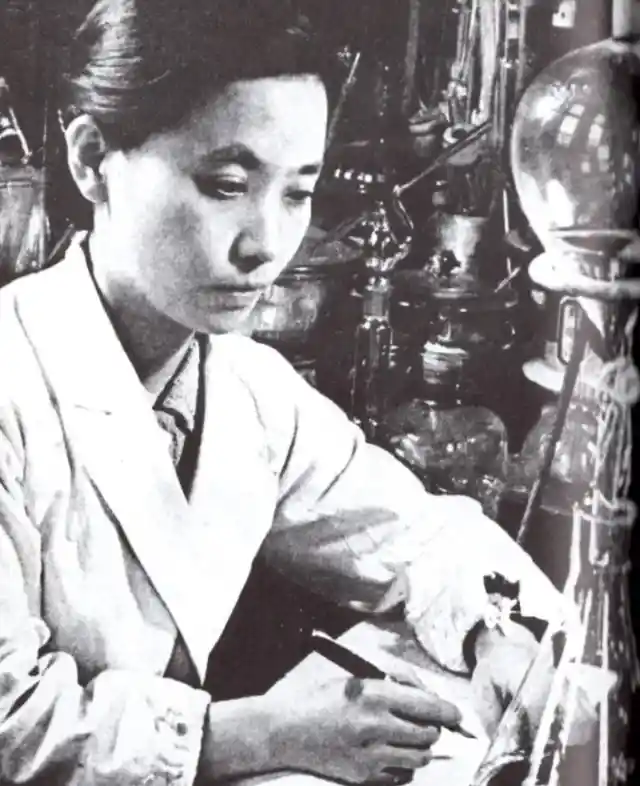
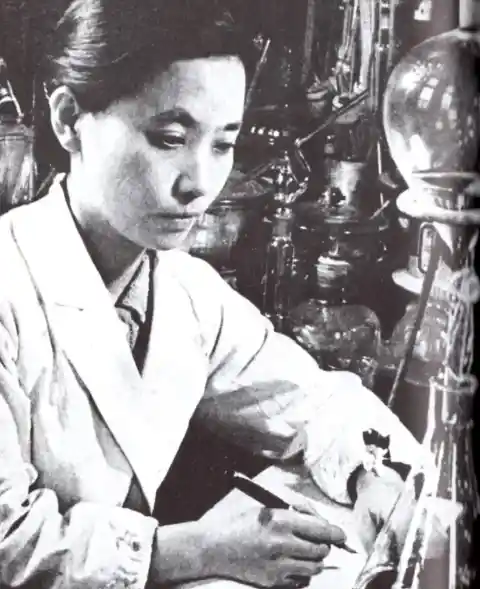
Mudlarks:
In history, we see how the world has been cruel towards the poor, leaving them no opportunity to grow and make a better living. Mudlarks are an example of such a job people had to turn to to make a living. Back in the days, when there were no jobs for the poor to turn to, they sought after being mudlarks.
They used to scavenge through the mud in the rivers in order to find something valuable they could sell after, to make a living. Even though this job is not as prevalent now, we as a society are still far away from making the world a better place to live in.
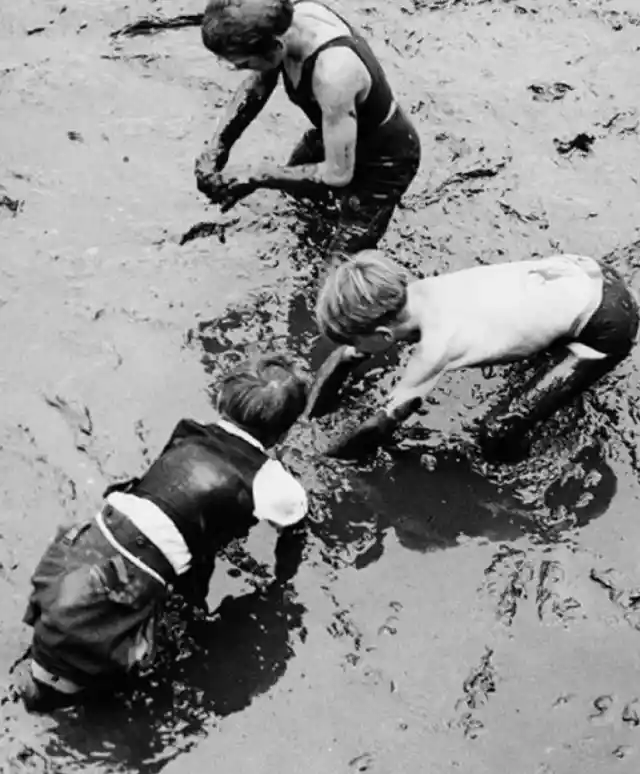
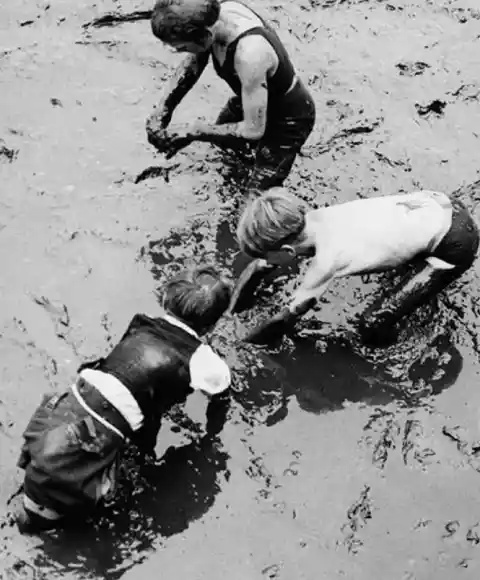
Resurrectionist:
This job was nothing less than a scene out of a horror movie. However, the intent behind it was purely logical, yet the technicalities of the job can leave many people shaken. In earlier times, when medical students needed deceased bodies to operate upon for surgery practice, resurrectionists helped them out. How did you ask?
The primary job of a resurrectionist was to dig up graves to take out bodies for medical practice purposes and deliver them to the students. It's safe to say that this job is no longer prevalent, and in recent times people who wish to help the world make an advancement in the sciences can donate their bodies after demise for medicinal practices.
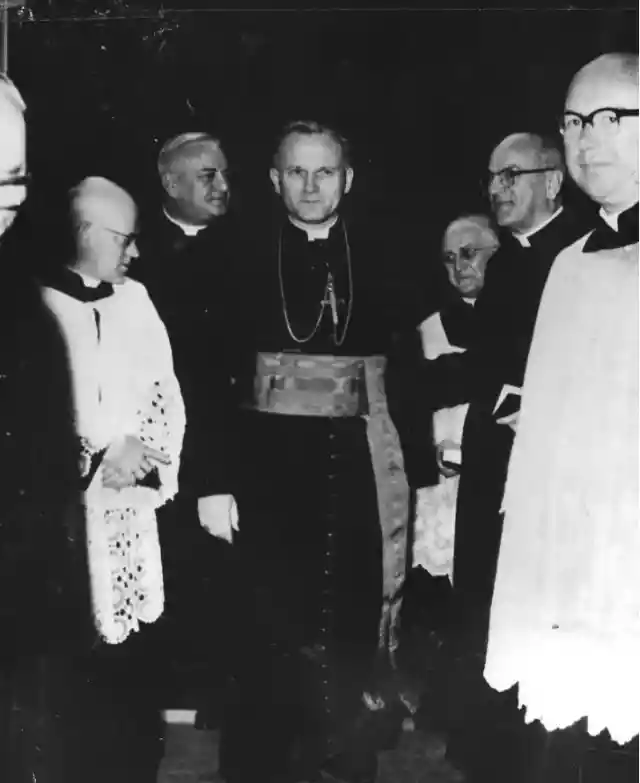
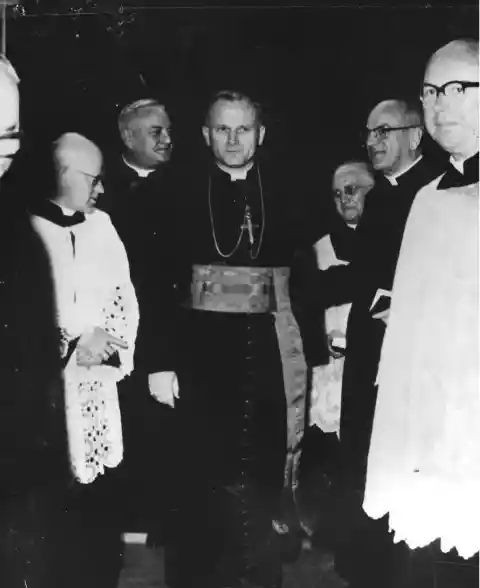
Phrenologist:
Like many medicinal specialists such as gynaecologists, physicians, oncologists, ophthalmologists, etc., one may think a phrenologist was also a well-sought-after medical profession. However, on the contrary, phrenology now falls under pseudoscience, and it has been banned from practising phrenology since 1967.
However, in previous times, phrenologists were known as the masters of science, and phrenology was about configuring different character states and mental states through the configuration of one's skull.
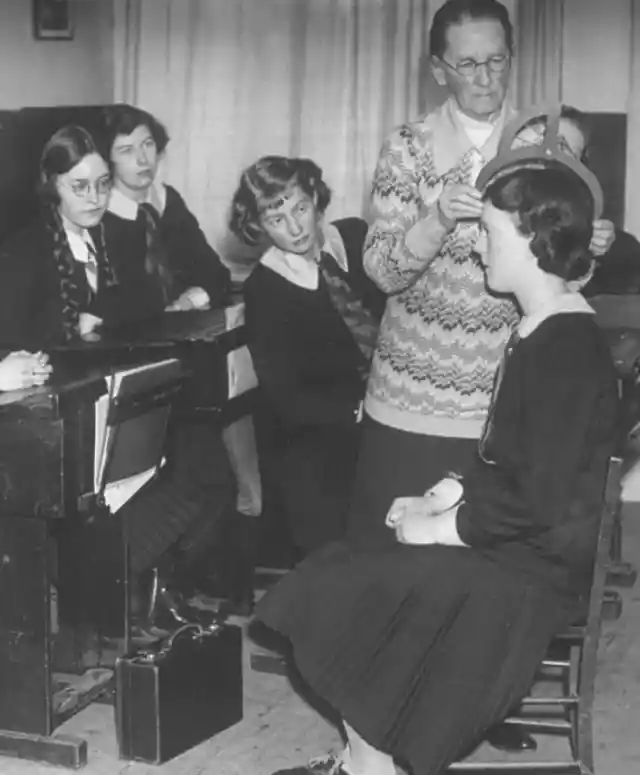
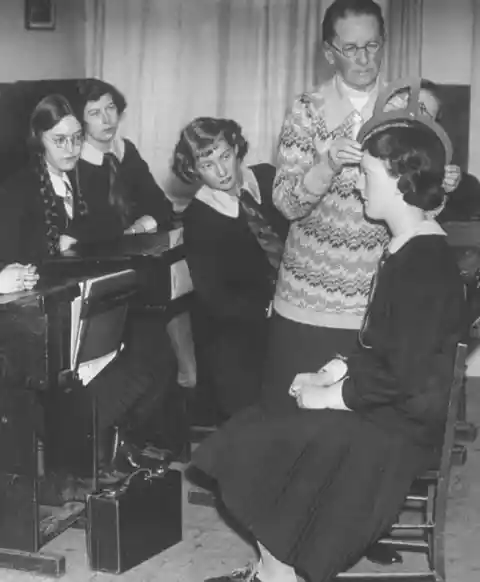
Powder monkeys:
When we hear the term powder monkeys, we somehow know that it is related to children. In the earlier times, when sailing was at its peak. Sailors were accompanied by young boys, also known as powder monkeys. Even though there is no concrete evidence to back up the fact, many people believe that the term "Monkey "in powder monkey was taken from the phrase monkeying around.
The job of these powder monkeys was to carry bags of gunpowder from one place to the other and help the warriors in filling cannons on the ship with gunpowder. However, with the growth in the economy and society, such sailors and powder monkeys are not prevalent at all.
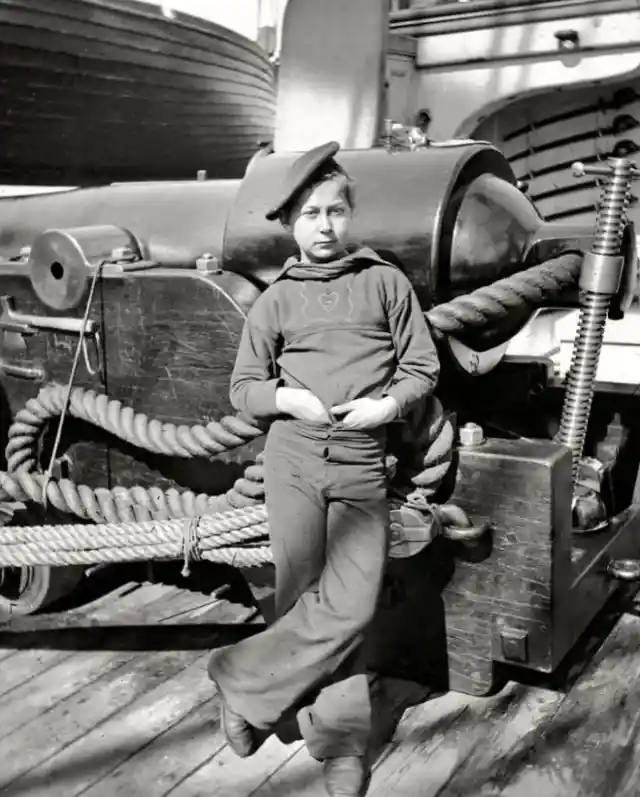
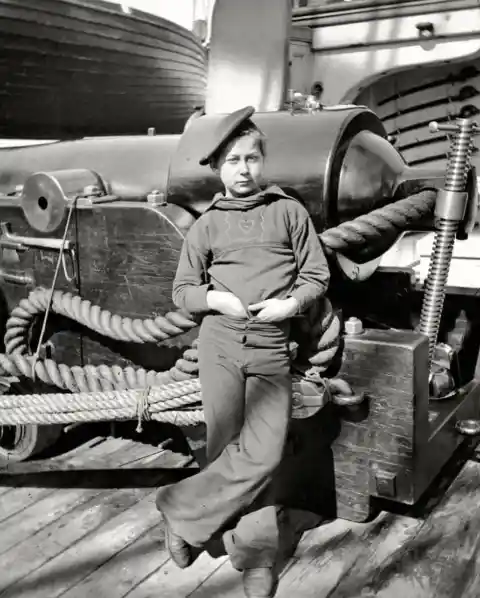
Lamplighters:
Prior to the invention of electric street lights, people in the 1800s relied on skilled "Lamplighters," who actually used to hand light the street lamps for them. To reach the lighting up ahead on various streets, they used long sticks and sometimes even ladders to light these lampshades and even fill them with burning oil.
However, after about a hundred years, with the invention of electric street lights, this occupation gradually fell out of favour. However, if you are fortunate enough, you might still be able to locate a small number of these Lamplighters in various regions of the world.
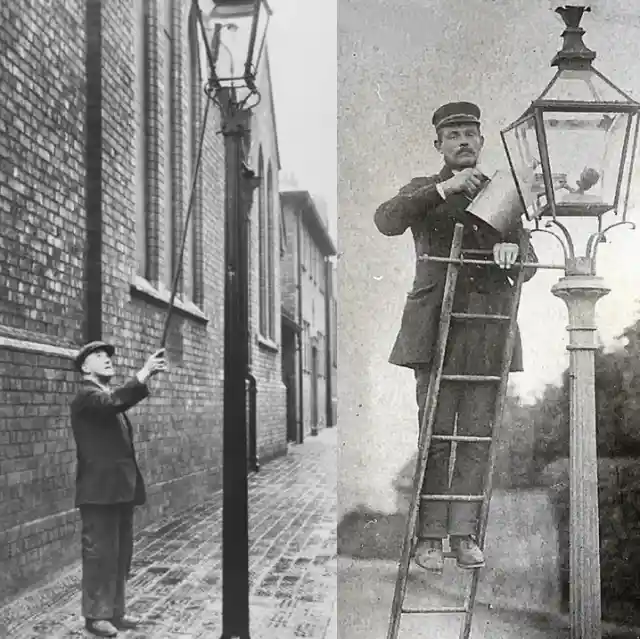
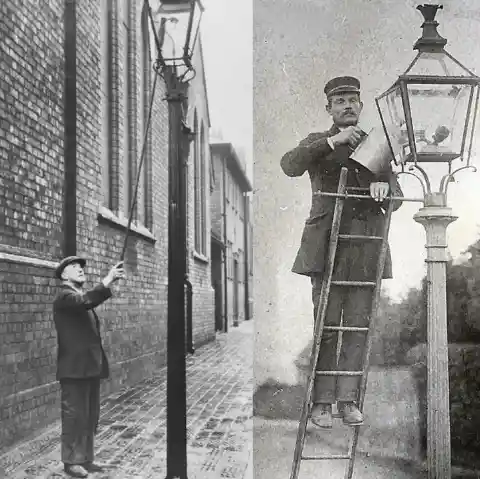
Badgers:
When one hears the word badger, the nocturnal animal comes to mind, not a job. In the previous times, during the market revolution, farmers didn't have the authority to directly sell their crops and produce to the customers.
They used to sell their produce to middlemen, also known as badgers in those times, who purchased the goods from the farmers and then sold them at higher prices in the farmer's market. However, with the growth in the industry and the agricultural sectors, the jobs of these badgers were deemed redundant, and farmers could directly sell their produce to the customers.
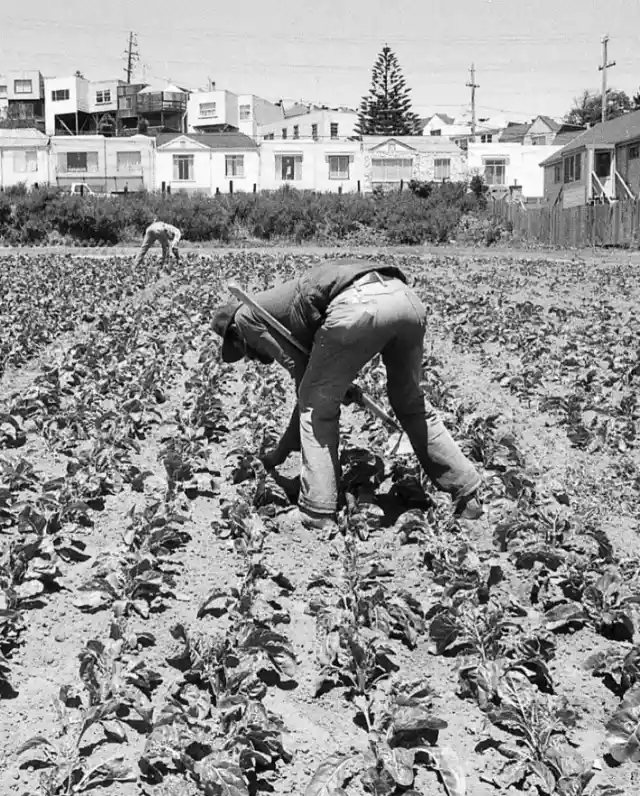
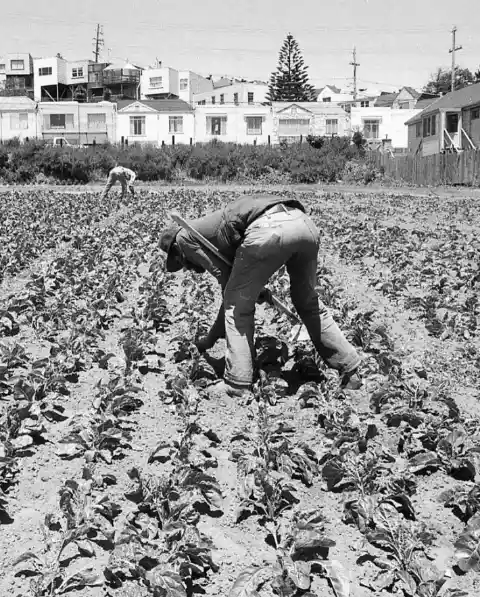
Hobbler:
In the 1800s, sea voyage was highly sought after, and hence the job of a hobbler was in great demand. Hobblers were professionals whose job was to tow small and large boats and ships to the port. As the job was highly in demand, many young men and women wanted to be hobblers.
However, the job wasn't as easy as it sounds, from maintaining balance and not losing control of their positions in the water to taking care that the vehicles reach their destinations in time. This job required unmatchable skill and precision. The occupation of a hobbler is still prevalent in many parts of the world, and even the name of the job is different.
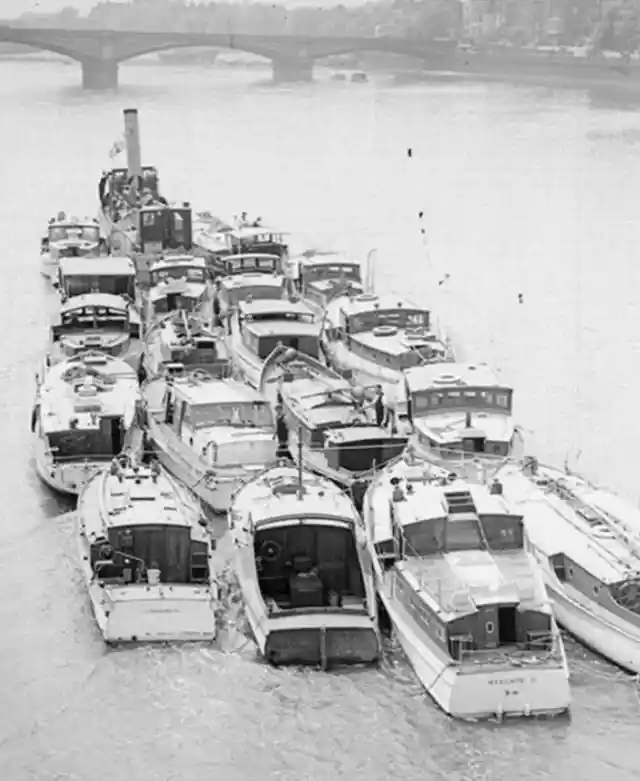
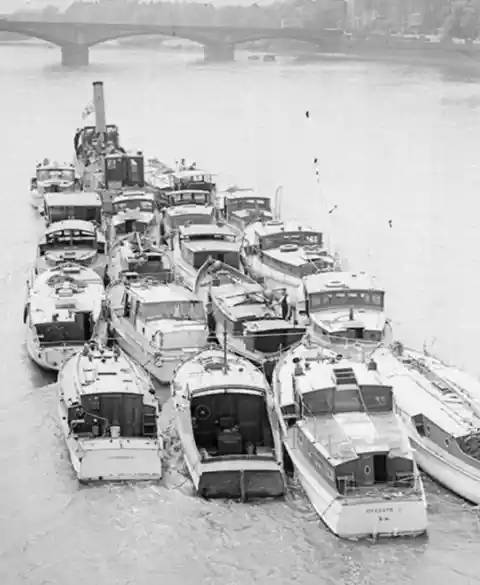
Daguerreotypist:
The first ever camera that could be used in public to take pictures was a daguerreotype. And the people who used to capture these pictures and then develop the pictures taken with a chemical procedure were known as Daguerreotypists. One can say that the term Daguerreotypists is much fancier than the term photographer.
The job didn't take much time to become a hit in the industry wither, as daguerreotypists captured many beautiful portraits of important VIPS and celebrities such as Abraham Lincoln and Frederick Douglass etc. However, with newer and better camera inventions, the jobs of daguerreotypists became obsolete.
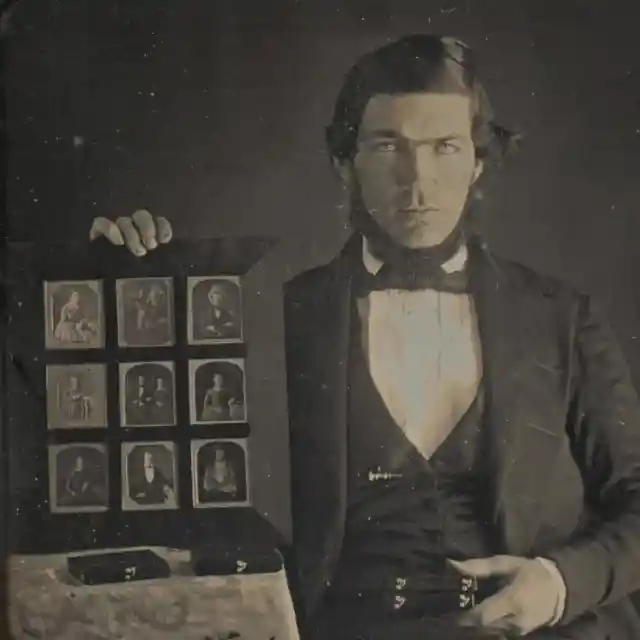
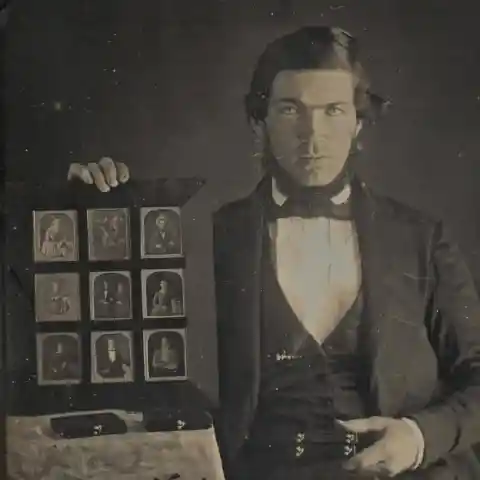
Haberdasher:
"Haberdashery "refers to sewing equipment, and "Haberdashery "refers to people in charge of running haberdashery stores. In the 19th century, women visited Haberdashers to purchase apparel items. Brooks and brother were the first, most popular, and reputed haberdashery store back in those days.
However, with the advancement in the textile and craft industry, the jobs of haberdashers were made obsolete. With an abundance of brands and sewing equipment stores everywhere. People moved on from Haberdashers.
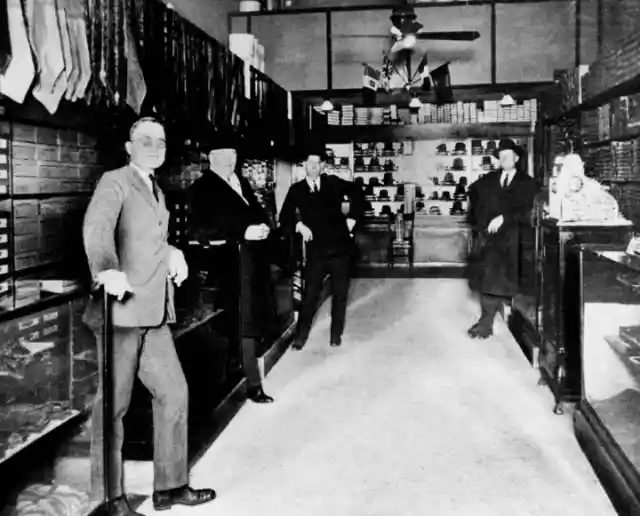
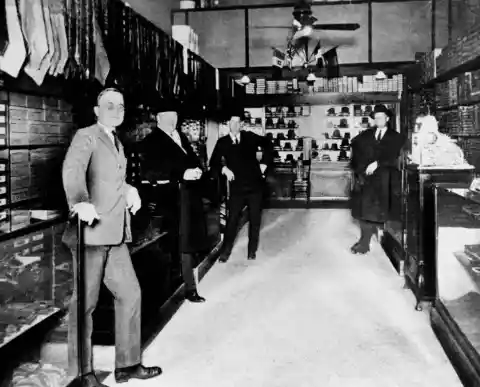
Redsmith:
The term red smiths were introduced in the early 1700s. Back in those times, red smiths were people who worked with making decorative or jewellery items out of shiny red copper material. The term "Redsmith "was coined after the red colour of copper.
The job of a red smith isn't redundant in the world, and you can find many people who work with copper material to make items. However, the term has changed from red smiths to metalsmiths.
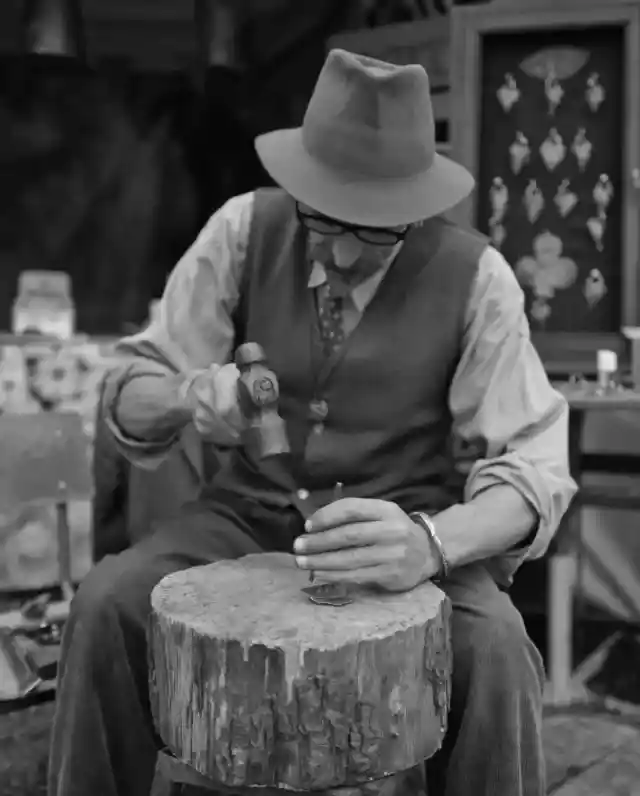
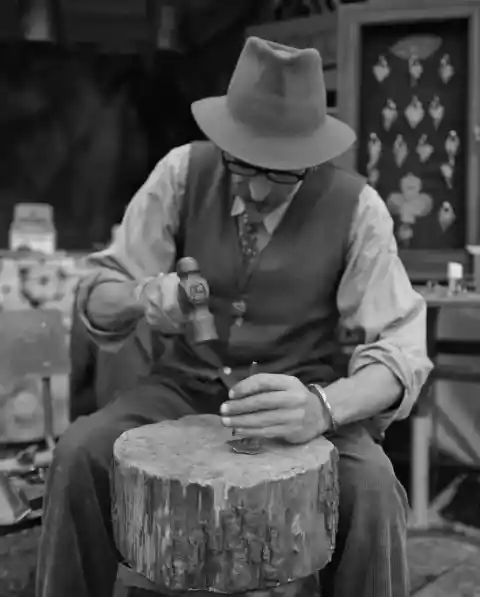
Fullers:
In the new age, we have ease in doing the most basic chores, from cooking to cleaning and even washing clothes. We had fully automatic washing machines, which reduced our manual labour entirely. However, people in the earlier times didn't have this convenience. They used to perform all these tasks by hand themselves or were heavily dependent on "Fullers ".
Fullers was the term coined for people whose full-time task was to wash clothes in bulk. The main type of clientele for fullers were people who worked in factories and had to get the stains of industrial residue removed from their clothes. Imagine washing loads and loads of clothes with deep staining by hand. It's difficult to even think about it. However, with the industrial revolution and technological advancements, including the invention of the washing machine, the jobs of fullers became irrelevant.
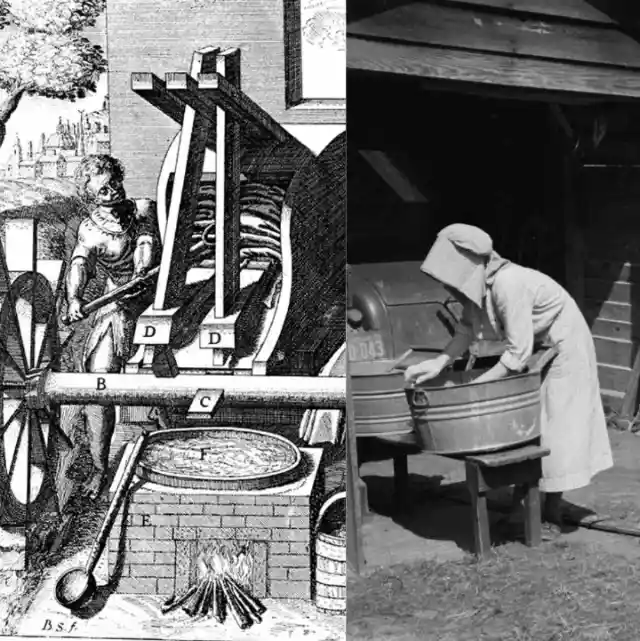
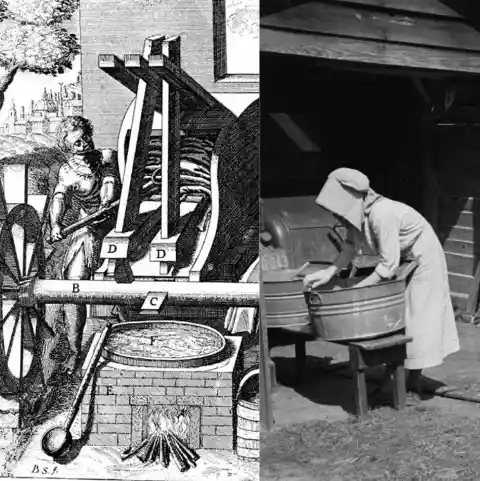
Book Peddlers:
We are used to people selling different products from door to door. But, selling books seems odd as we find them easily in libraries, bookstores, or even thrift shops. However, in the 19th century, booksellers would travel door to door to promote their books. They would carry samples of their books and read some passages out to the reader to spark an interest.
These door-to-door booksellers in the 19th century were known as book peddlers. It's interesting to note that even though book peddling is now an irrelevant job, some publishing companies are trying book peddling as a marketing strategy.
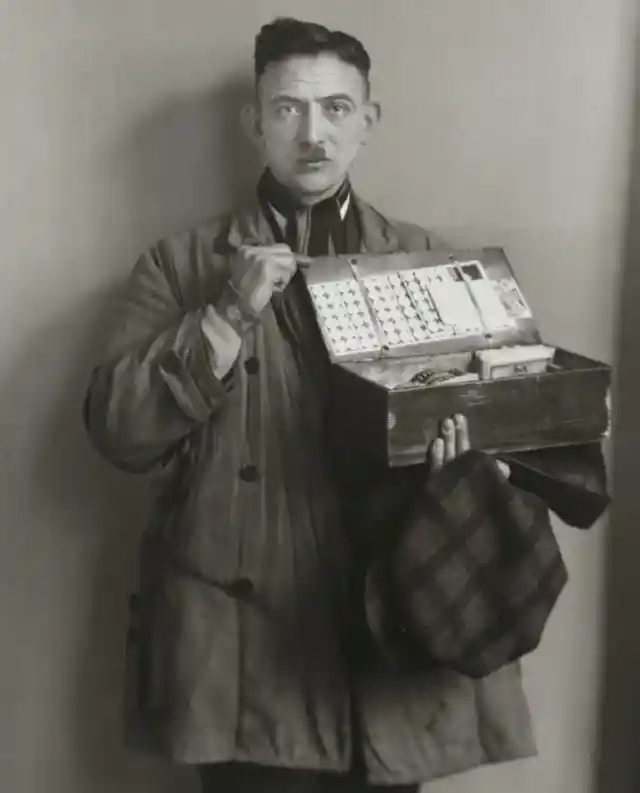
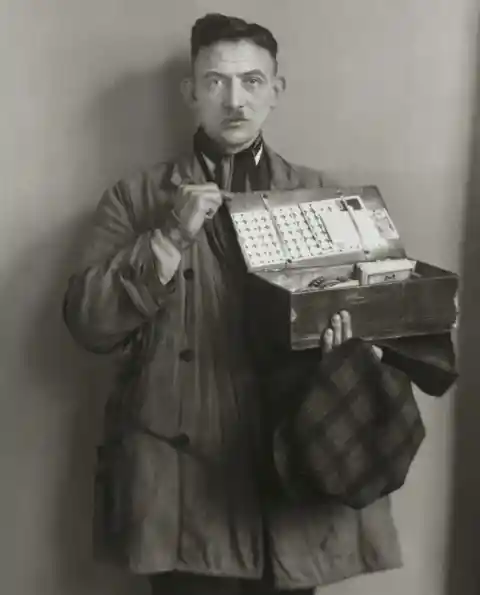
Town Crier:
Even though the name "Town crier "sounds funny and makes us think of someone who used to go around the town crying. The job of a town crier was entirely different in the earlier times. Town criers were people who rallied around the town, announcing important events and news from the authoritative parties and establishments.
Now when we think about this job, it makes us realise how far we have come in time and science. Nowadays, if one wants to spread an important message, they can just send it via a group text or broadcast it on social media or television. Even though the job of a town crier is redundant now, it surely makes us appreciate the great advancements we have made in the area of science and technology.
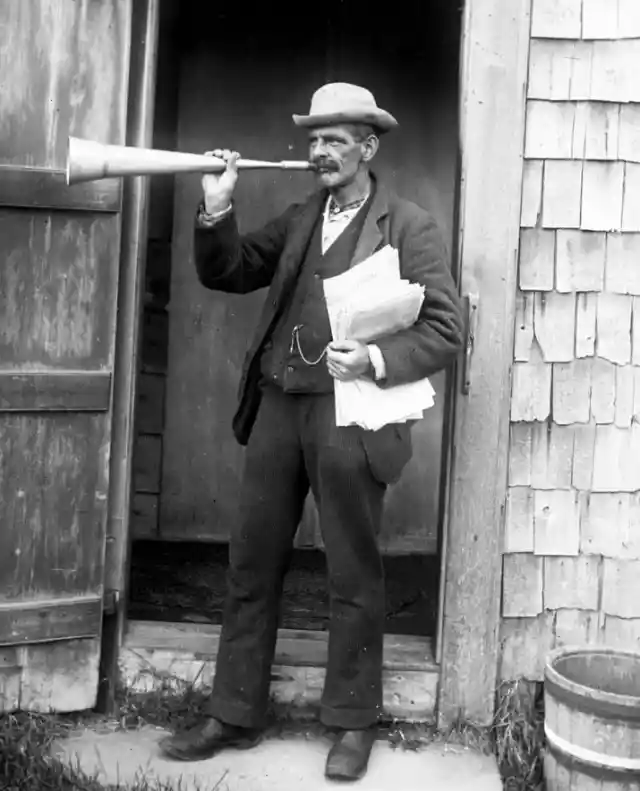
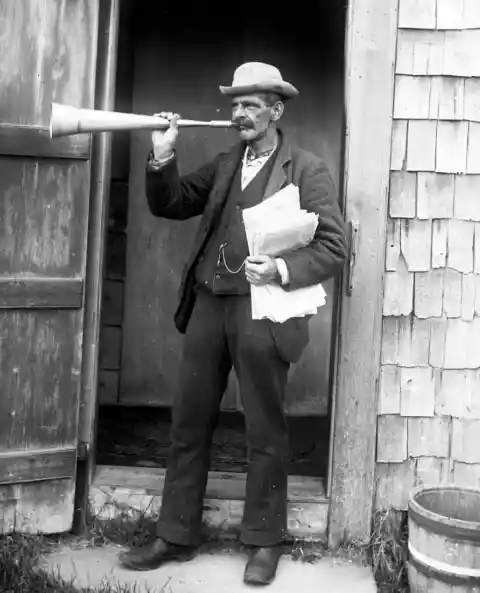
Signal man:
Here is a job that is too important to forget. "Signalman" was a term given to people who used to monitor whether trains were on the right track and at the right time or not. Aside from that, their job was to manage train levers and signal lights to help guide the trains better. What may seem like an easy job was, in fact, very important and sought after.
However, with technological advances in the transportation industry, GPS tracking and automated signalling made the job of signallers redundant. Even though the railroad industry is now highly efficient, signal men can still be found in some countries.
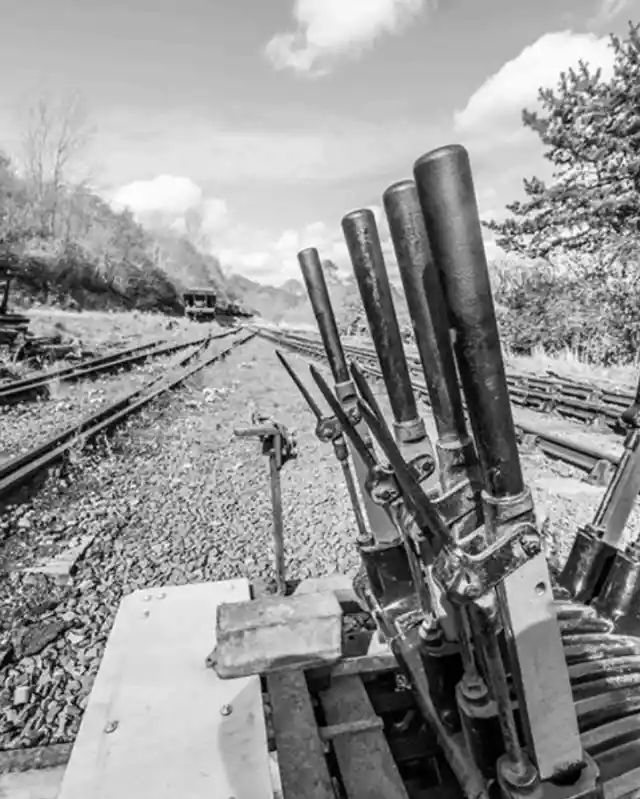
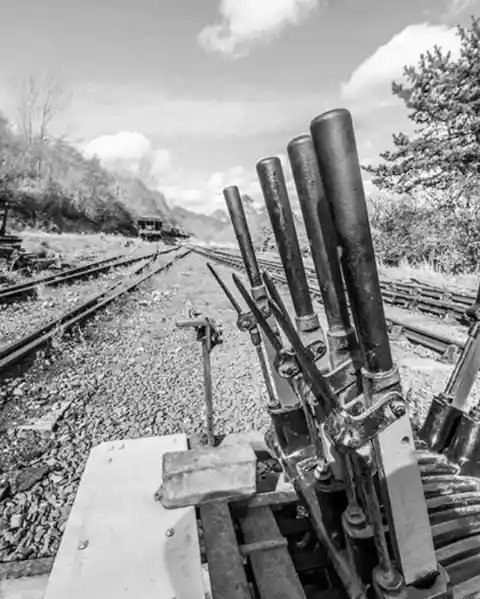
Quarryman:
Before you jump to any conclusions, let us take out the possibility the job of a quarryman had nothing to do with the British musical group that later turned out to be "The Beatles ". With the boom in the manufacturing industry in the 19th century, there was rapid economic growth too.
But, even then, the working class suffered the most. Quarrymen are men who used to work in construction sites of quarries to mine stones of various uses. The job was tiring and a life and safety risk, and it didn't have the basic benefits of a regular job. Even though the job is not entirely redundant now, there are still much better precautions taken for the safety of these men.
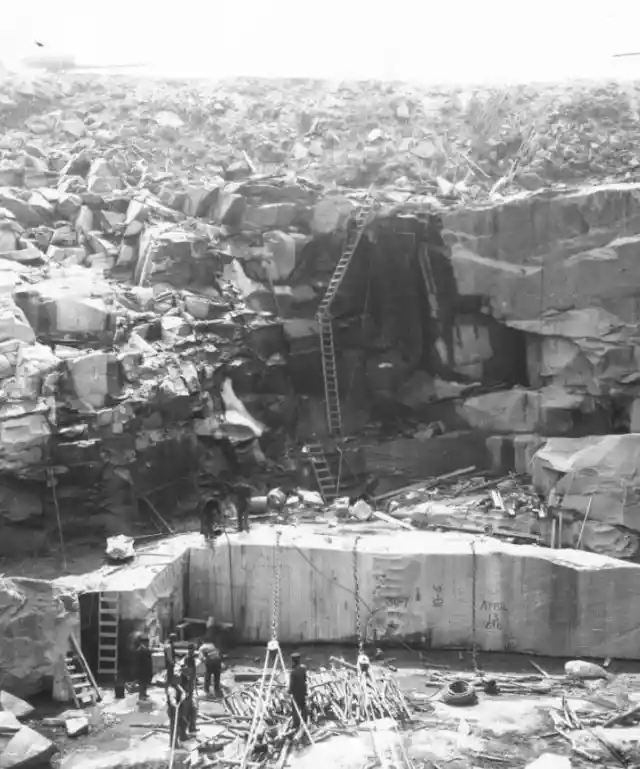
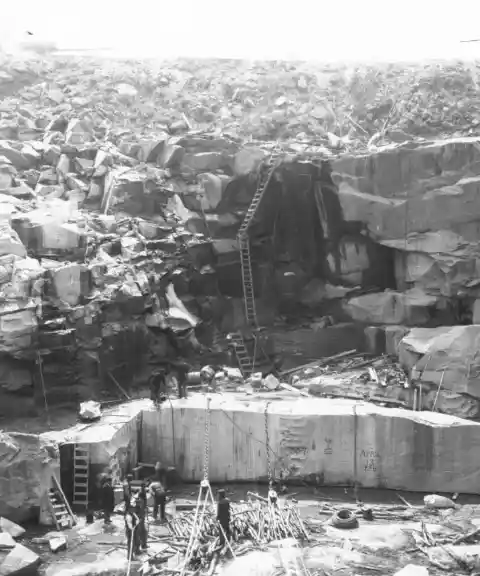
Filmboxers:
In the 90s when watching movies was one of the people's favourite activities. The job of a film boxer became more and more valuable in every production house. Film boxers were people who used to work with video entertainment companies and took care of film canisters in the company.
Their job was mainly to store the film canisters with great care and even maintain and help in the shipment of these canisters to new places. However, with the technological advancements in the videography industry, this job too was made redundant as people moved on to better and low-maintenance equipment.
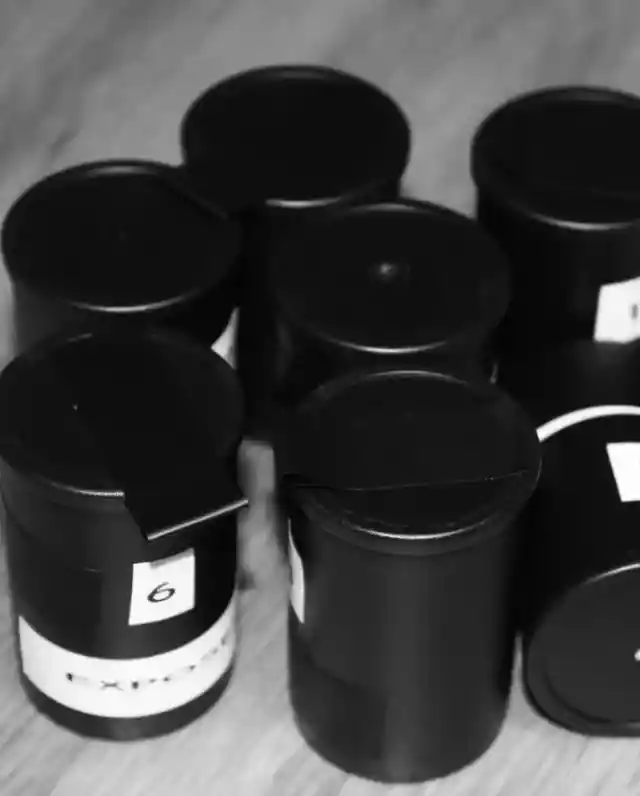
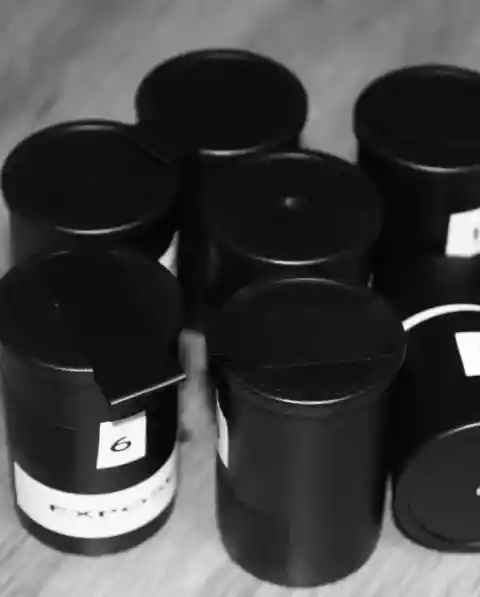
Leech collectors:
We all have a fear of leeches somewhere in our hearts. When swimming in an unknown lake or pond, the fear of leeches lurking beneath the surface of water definitely crosses our minds. However, for people in the 19th century, leeches were one of the most sought-after medical treatments.
And for that, Leech collectors were hired. Leech collectors were people who used to go around lakes and ponds to collect leeches for medical treatments, as people in the 19th century believed that leeches had the magical ability to suck out any and all sorts of medical illnesses. Thankfully, this practice came to an end after the sharp rise in diseases caused by leeches.
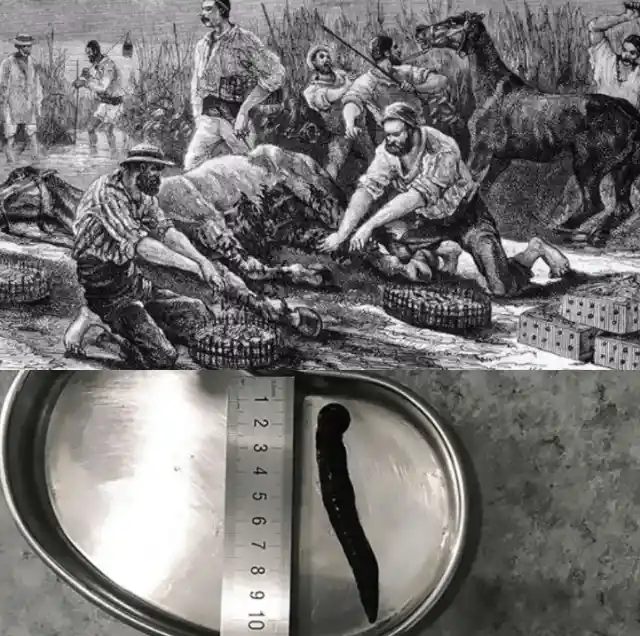
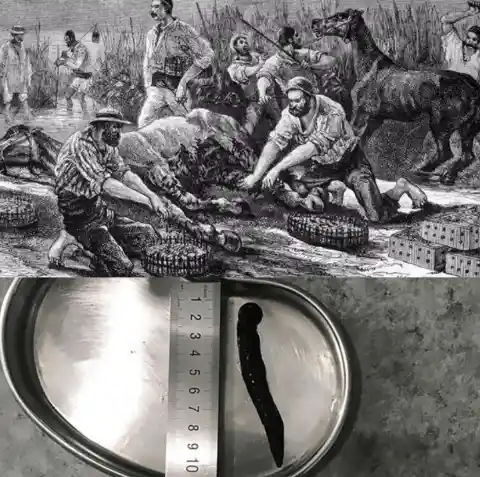
Herb Stewer:
The convenience of well-organized sewage systems that we experience now was still a dream for people in London in the 17th century. Because of this, sizeable amounts of human excrement from London ended up in the river Thames. Making London an odiferous city to be in.
This is when Herb Stewers would come in as heroes to combat the big smelly monster of London. They would spread herbs and flower aromas all around the royal family residence and make it smell like a heavenly place to be in. This job, even though is redundant now, surely makes us wonder how difficult it must be for the residents of London at that time.
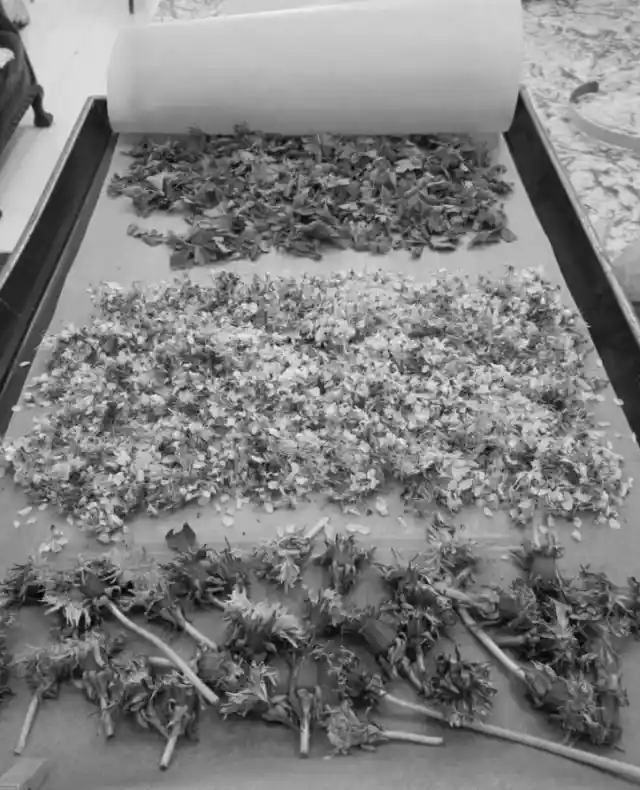
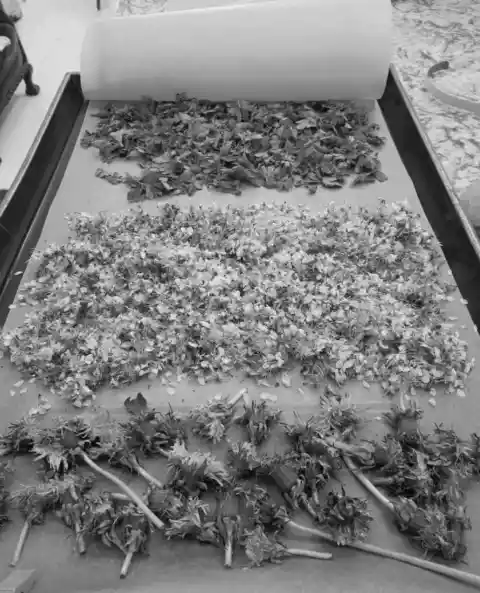
Radio Actors:
What may sound odd to you now, but Radio actors were a big rage back in the 1920s when radio was one of the major forms of entertainment. As there weren't many fun-related activities at that time, the audience largely depended upon radio actors for music, monologues, and drama.
Even though the job is close to being redundant now as the rise of the television and internet has brought many new entertainment options, in some parts of the world, radio actors still reign over people's hearts and cars.
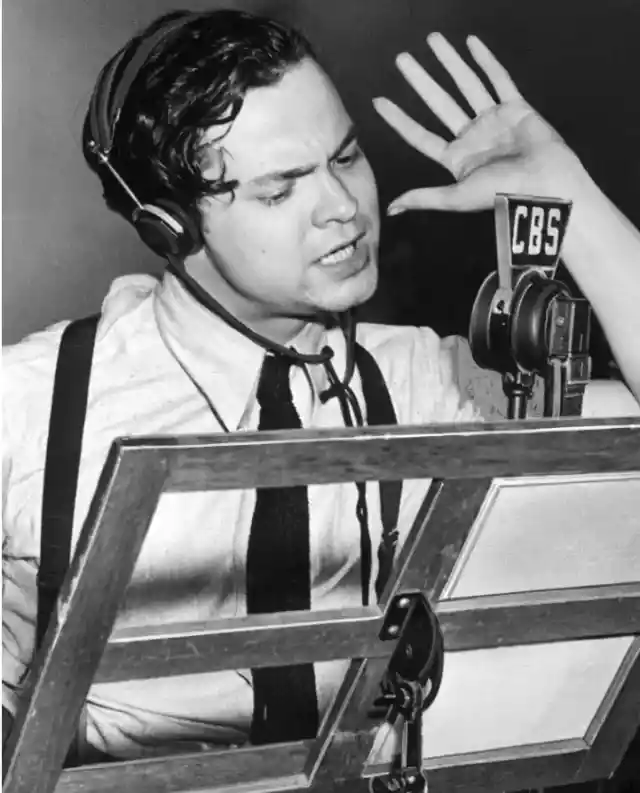
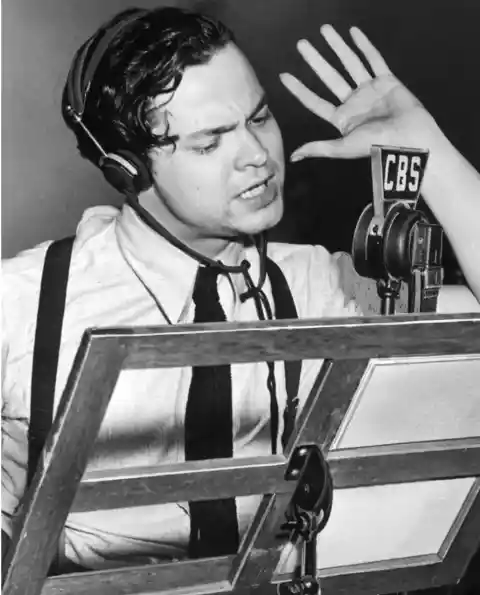
Pre-Radar Listeners for enemies:
Radars are one of the most important forms of detection systems around the world, and it's no doubt that it was very relevant in the earlier times too. However, as easy as it is to detect things on the radar now because of the highly advanced technology, it wasn't the same case before.
People were hired as radar listeners and had to stand in the middle of nowhere without moving with two huge radars in their ears to detect the sounds of aircraft from the enemy. As tiring as this job may sound, it surely was a highly important job. Even though the job isn't prevalent anymore with the advancement of technology, it surely makes us think about the hardships people in the earlier times went through.
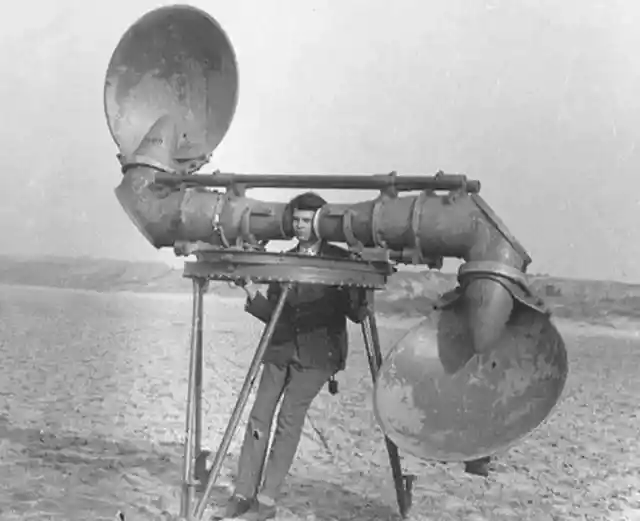
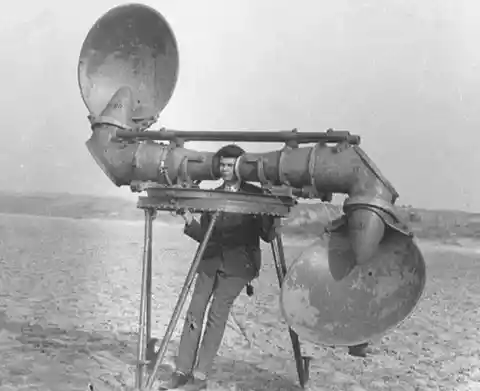
Dispatch Riders:
With the ease that technology has given us, spreading a message. Or communicating with someone in a different state or a country is now a piece of cake. However, it wasn't the same in the 1900s. One of the ways in which information was transferred from one place to another was through dispatch riders.
Dispatch riders were messengers hired during the world war that would ride on motorbikes because of the instability of radio transmissions to deliver important messages from one place to another.
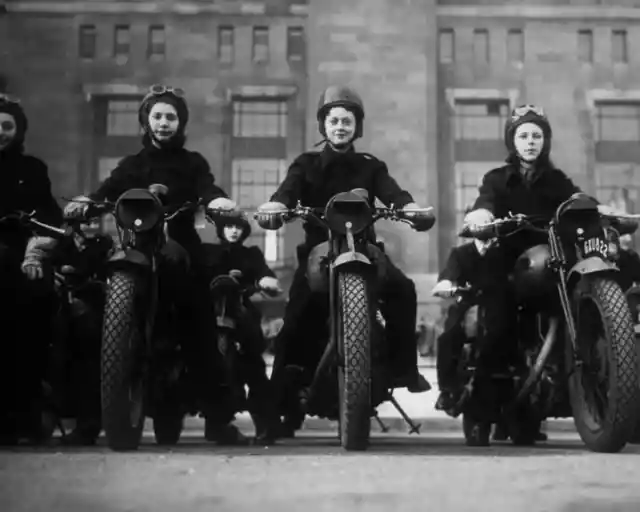
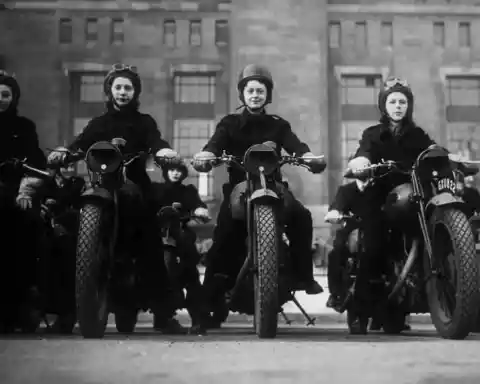
Telegraphist:
When telegraphy was at its peak, operating telegraphs was an essential and well-paid job. Whether on land or seas, the benefits of the information gathered by telegraphs were endless. Morse code mostly lost its usefulness as the telegraphs became an easy and rapid form of communication.
The telegraph was a major step toward the modern communications industry. Even though telegraphists are mostly non-existent now, they surely did push us in the right way for developments.
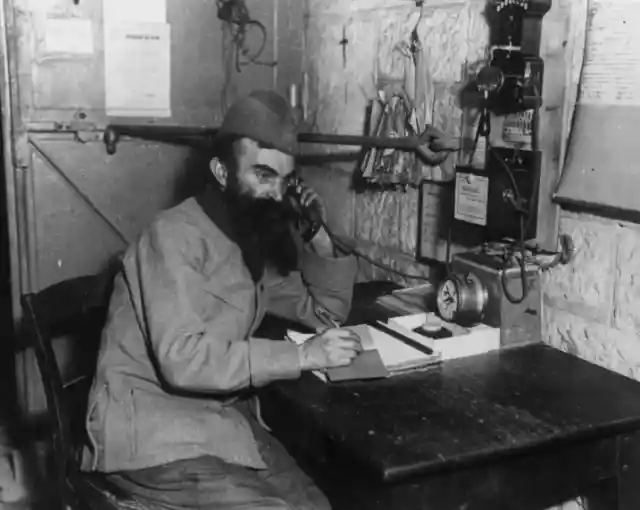
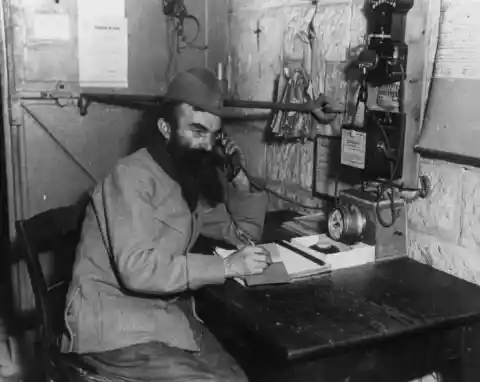
Toad Doctor:
This job is, without a doubt the most bizarre and unheard of job on the list, and it's quite evident why it's not relevant anymore. Toad physicians were quite the rage in the 19th century, particularly in the western parts of England. "Toad Medicine "was made on the principles of folk magic.
At that time, scrofula was a major problem in this region of the world, and the practitioners believed that enclosing a toad in a muslin bag and placing it on the patient's neck would cure them. Thankfully, the practice was discontinued, and people moved on to better medicinal practices.
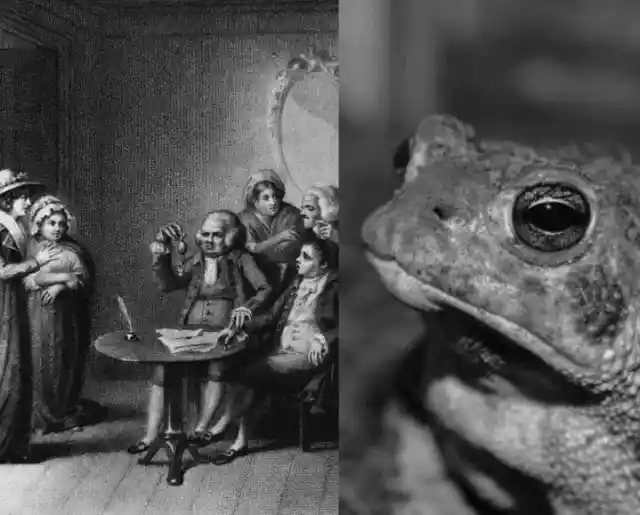
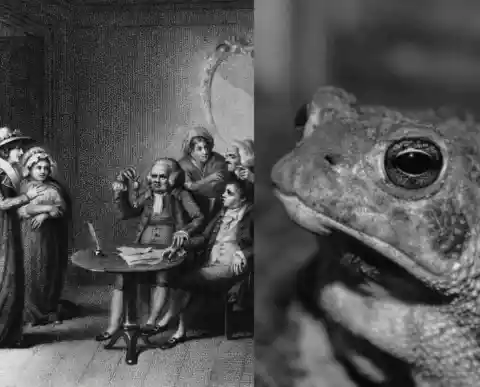
Water Carrier:
Even though water carriers still exist until this very day. But there are surely no official jobs that entail for people to carry water from one place to another. People still carry water, but in today's day and age, it is out of necessity and not a job.
However, in earlier times, people used to carry water from one place to another for money and as full-time jobs. An Indian water carrier was interviewed by BBC in 2015 in which he recalled that many people used to carry water over large distances for a living no more than 30 years ago.
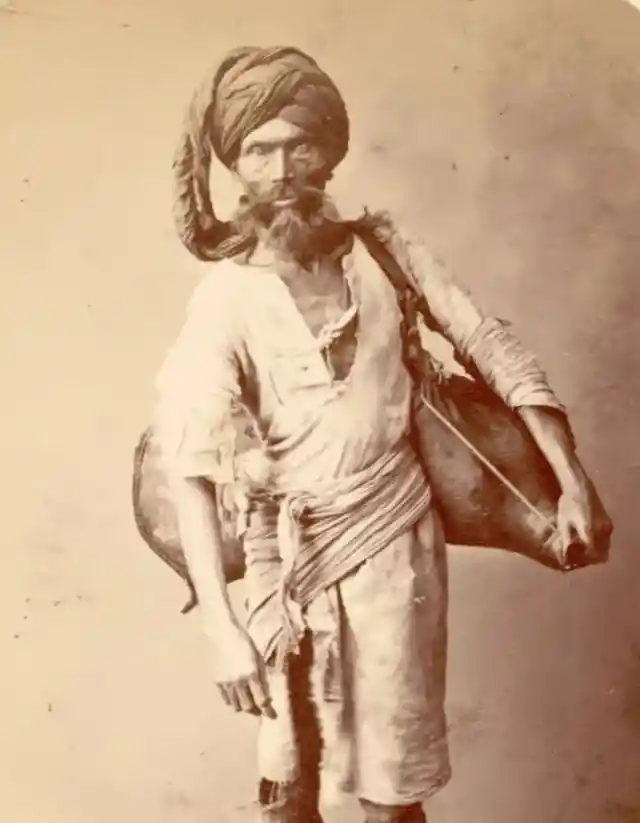
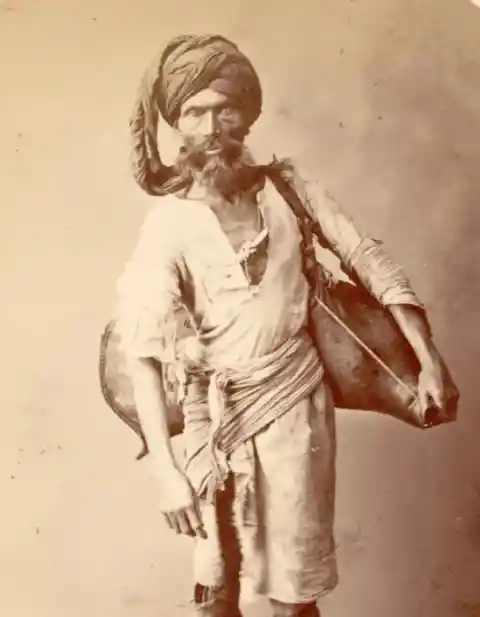
Breaker Boy:
In the early 1920s in America, boys of the ages of 8-12 would often work as breaker boys. Even though it was against the law, some people didn't mind hiring them. The job of these boys was to assist coal breakers and help make the coal separating task easier.
However, with the technological advancements and stricter Child labour laws, this job became redundant as mechanised machinery was introduced to reduce human labour.
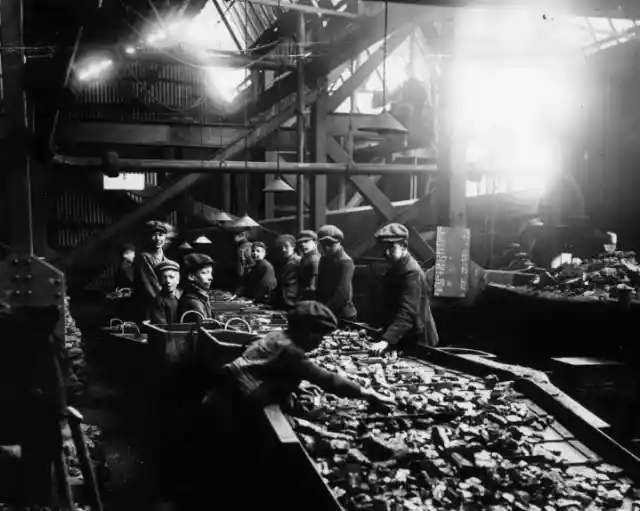
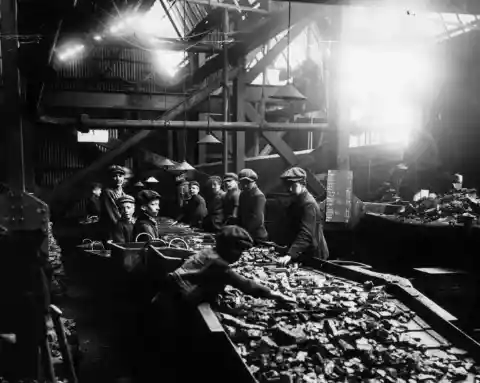
Plague Doctor:
One of the most important, iconic, yet terrifying jobs of all was the job of a Plague doctor. The look of the attire of the doctor is enough to terrify someone in their sleep. But believe us when we tell you that it wasn't a fashion choice.
Rather in the 1600s, doctors would wear these as the beaked mask contained species and herbs that helped to purify the air for the doctor, and the wand they would carry was to treat the patients without touching them. Having faced COVID-19, we think it's safe to say that the attire was indeed a good choice. And even though the job is not redundant, we are thankful that the attire is.
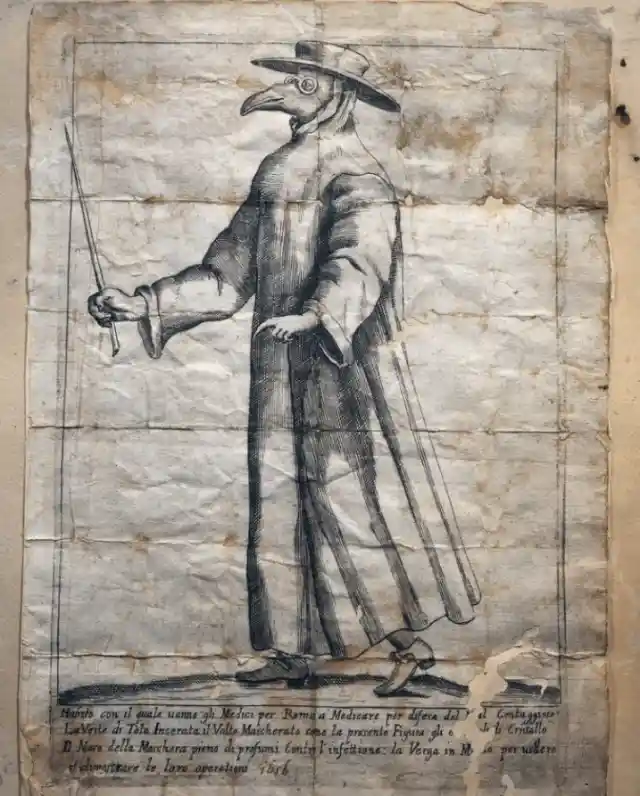
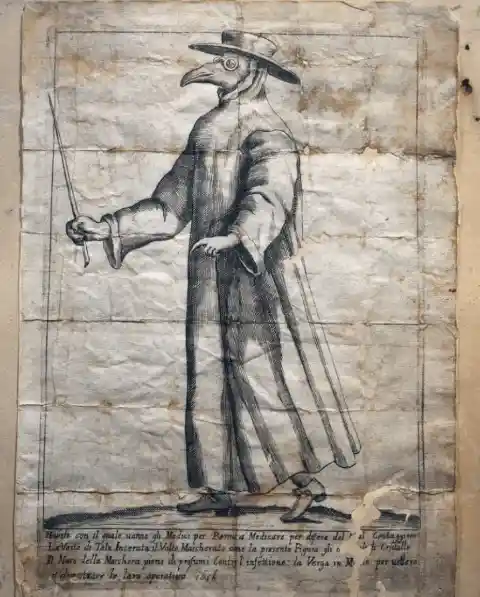
Barber surgeon:
Given that both occupations still exist, the next job is kind of scary and also makes one wonder about how people possess multiple talents. It's not new that people take two jobs or specialisations in a lifetime, but a barber and surgeon in one isn't the example we were looking for.
In the middle ages, at times, many barbers also served as surgeons. They'd tame the beard and perform risky procedures on one at the same time. Aside from the fact that both jobs still are relevant, we are happy as they're not both done by one.
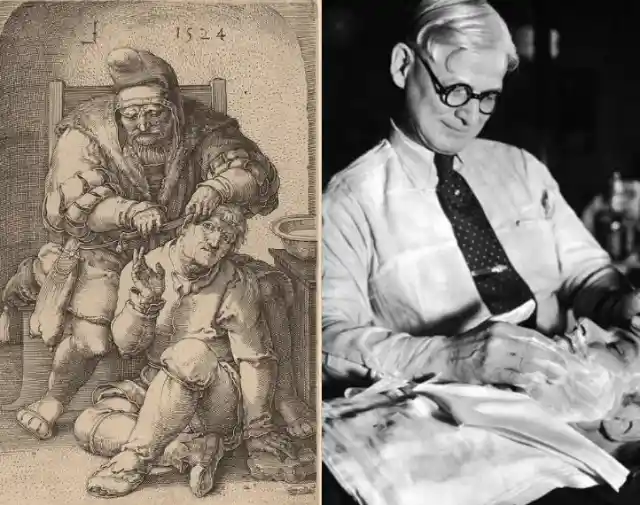
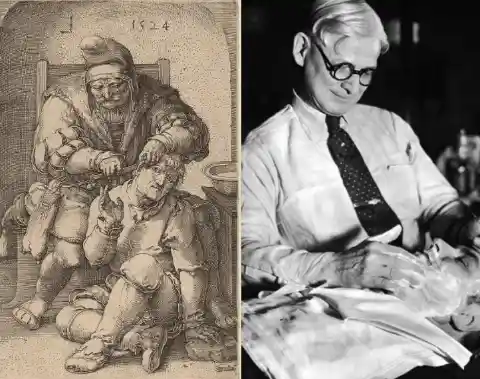
Soup Tester:
Even though this job sounds like one out of a movie, all of us have, somewhere down the line, wanted to be a food tester. But the reasons for the job of the soup tester in the previous times were not the same as it is now. All royal families and important officials used to hire people to test the food that they consumed to make sure it wasn't poisoned, known as soup testers.
An example of such a soup tester is Margot Woelk, who had the nerve-wracking task of testing the food for the German Officials during World War II. This job is now discontinued but still makes us wonder how one would volunteer for a life-threatening job like this.
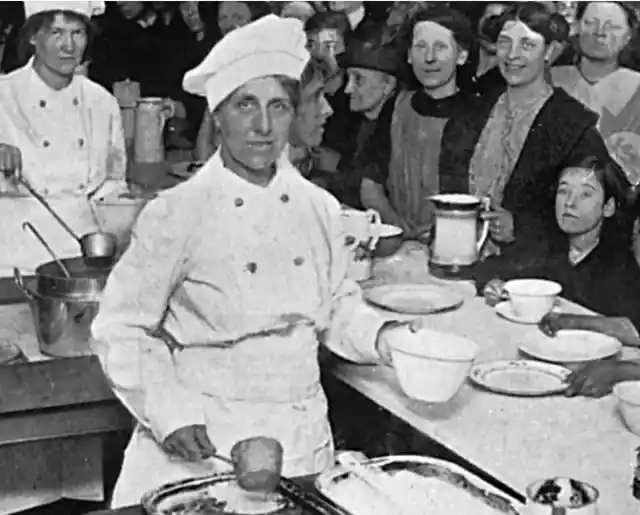
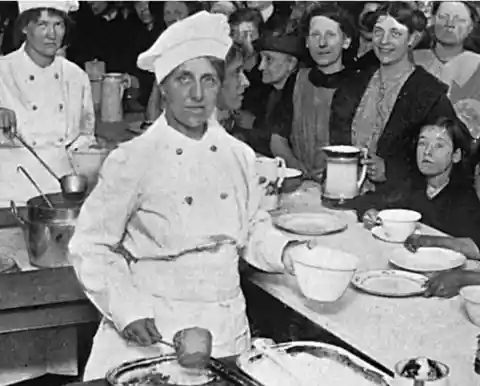
Dictaphone Operators:
In recent times, the ways in which we organise our shopping lists have been limitless; from the voice recognition feature in apple and google, known as Siri and Alexa, to making electronic notes, the ways are endless. But there was a time when technology wasn't as advanced.
From the late 18th century to the mid-1900s, dictaphone operators paved the way for us with voice recording services. Even though the job is irrelevant now with the onset of phone recorders etc., one can imagine how important this job must have been.
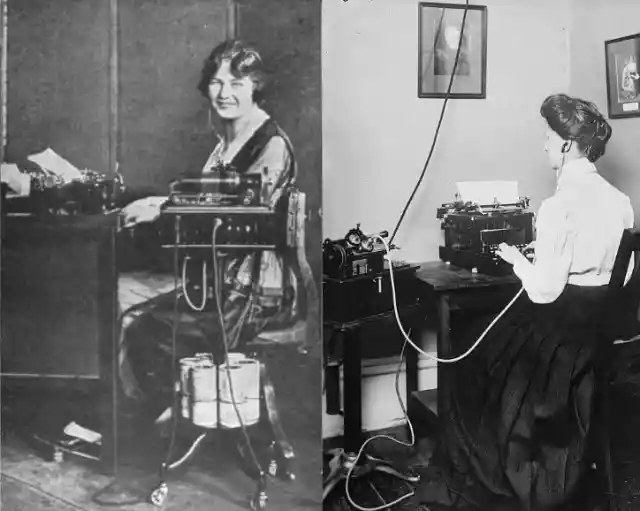
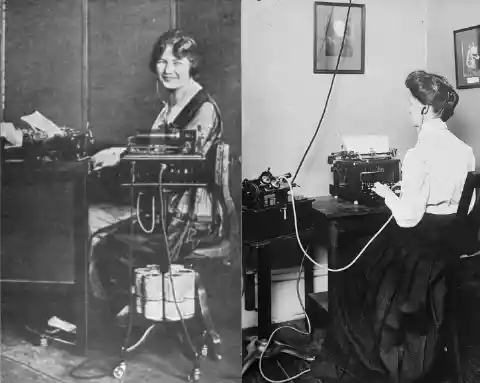
Hush Shopkeepers:
After a long hard day, all one wants to do is relax with their favourite drink in their hand. However, imagine if one couldn’t do that and if their favourite drinks were prohibited. In earlier times, people greatly relied on hush shopkeepers for this job.
Hush shopkeepers were people who dealt with the selling of “ prohibited beverages “ on the down low without getting caught by the authorities of the law. They would sell these drinks in secret while in hiding and keep their customers satisfied. And as this job was highly in demand those days, they were greatly paid too. Even though they are prevalent anymore, the everyday hustle in this job seems like a fun, risky movie scene.
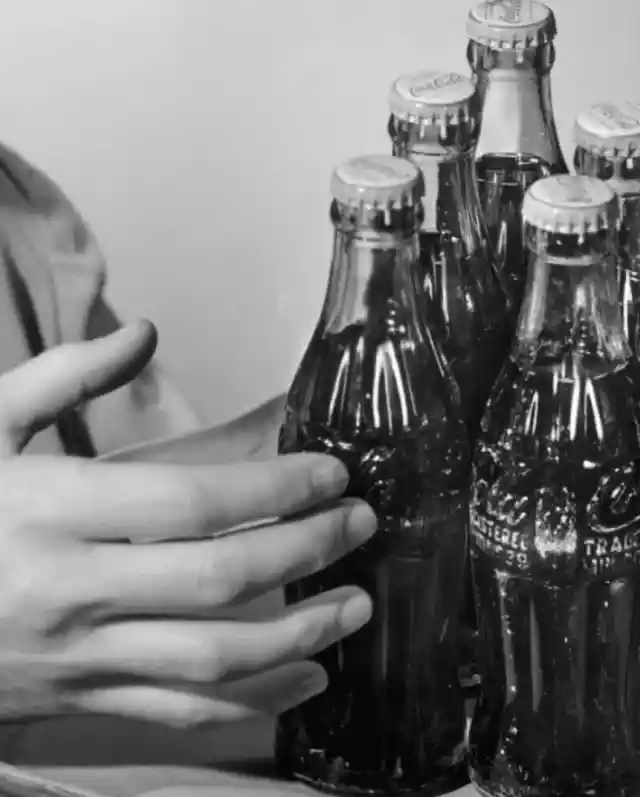
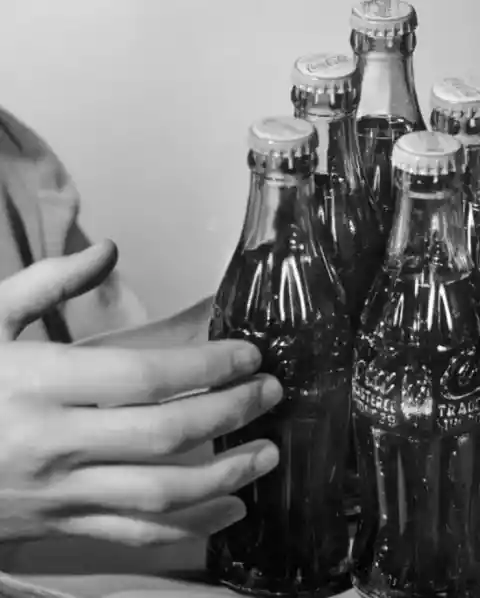
Necessary Women:
One may think that this job is related to the job of house help, but it differs greatly. The need for necessary women was high in the colonial period. They were primarily hired to clear pots that were filled with human waste and clear out chambers for use. As there were no indoor bathrooms or working sewage systems, this job had to be done manually, for which these women were hired.
However, with the growth of the economy and infrastructure, bathrooms became indoor with a working sewage system, thereby making the jobs of necessary women redundant.
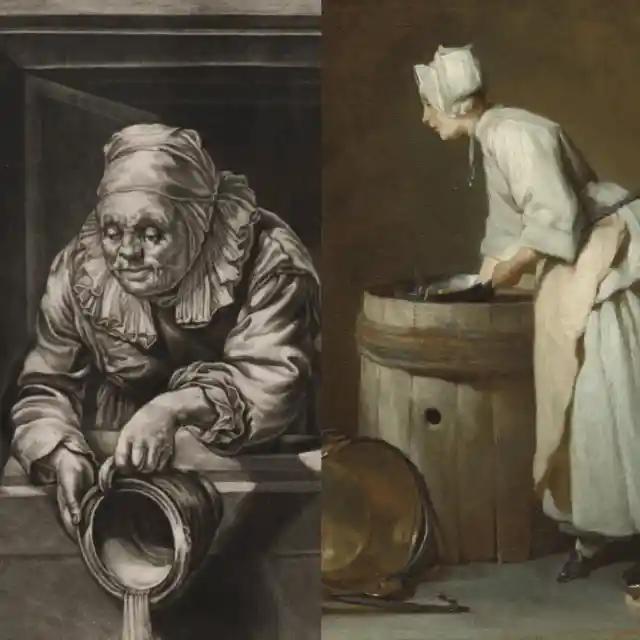
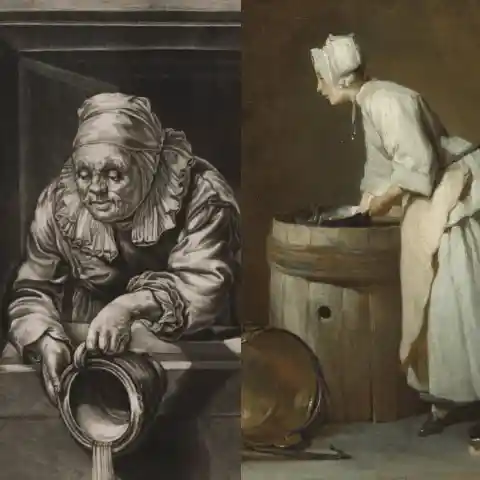
Catchpoles:
Debt collectors isn’t an unheard of term for us, even in recent times. However, their jobs have become seemingly much easier with better technology as compared to the job of the debt collectors in the previous times, also known as “ Catchpoles “.
During the British colonisation period, catchpoles were people who used to go around houses to collect substantial amounts of taxes and debts. Even though their work was hard and usually received spite from ordinary people, the job of a catchpole is still relevant. However, these professionals are now known as debt collectors.


Groom of the stool:
Do you think your job doesn’t keep you content or satisfied? Think again. In Tudor times, the groom of the stool was referred to as people who helped their king to finish their business in the toilets.
Their job primarily involved undressing the king and waiting for him to finish his business, and then cleaning his behind with cotton and water. And sometimes also to take stool samples for testing to the doctor, to make sure the king was healthy and fit.
With advanced bathroom equipment and infrastructure, we are happy that this job is no longer prevalent.


Soda Jerk:
In the 20th century, the job of a soda jerk was highly sought after by many young men and women. The job primarily included the task of handling soda spigots and serving ice-creams and drinks that were ordered. Their job required them to wear bow ties and paper hats while serving the orders to the customers.
However, there are still some speciality bars and cafes like these in some countries. Their job was also made redundant with the onset of fast food chains and waiters.
